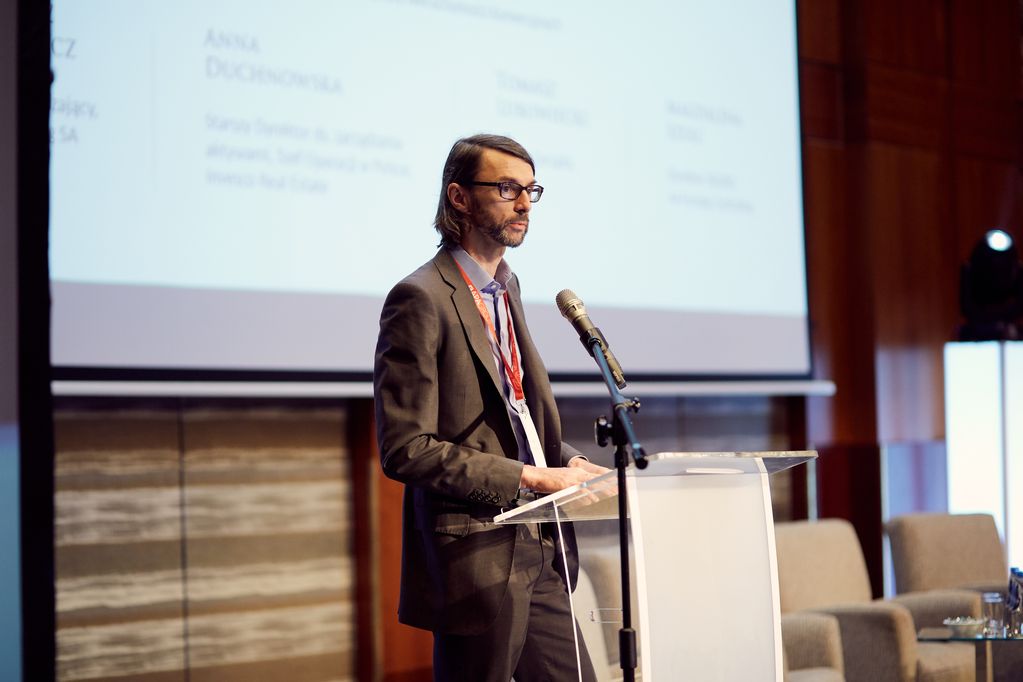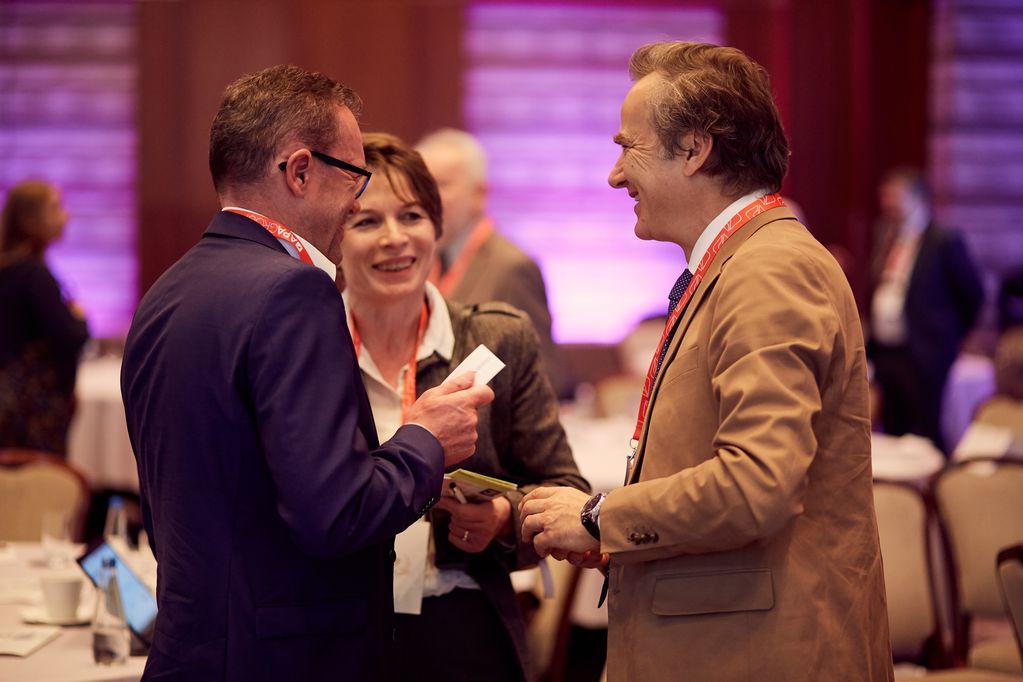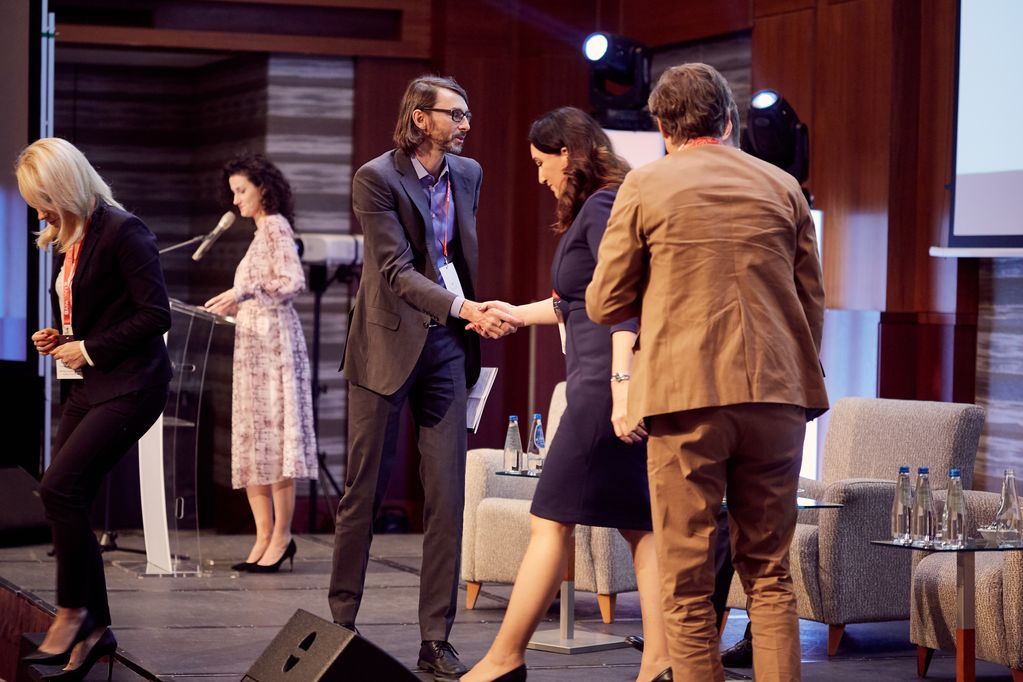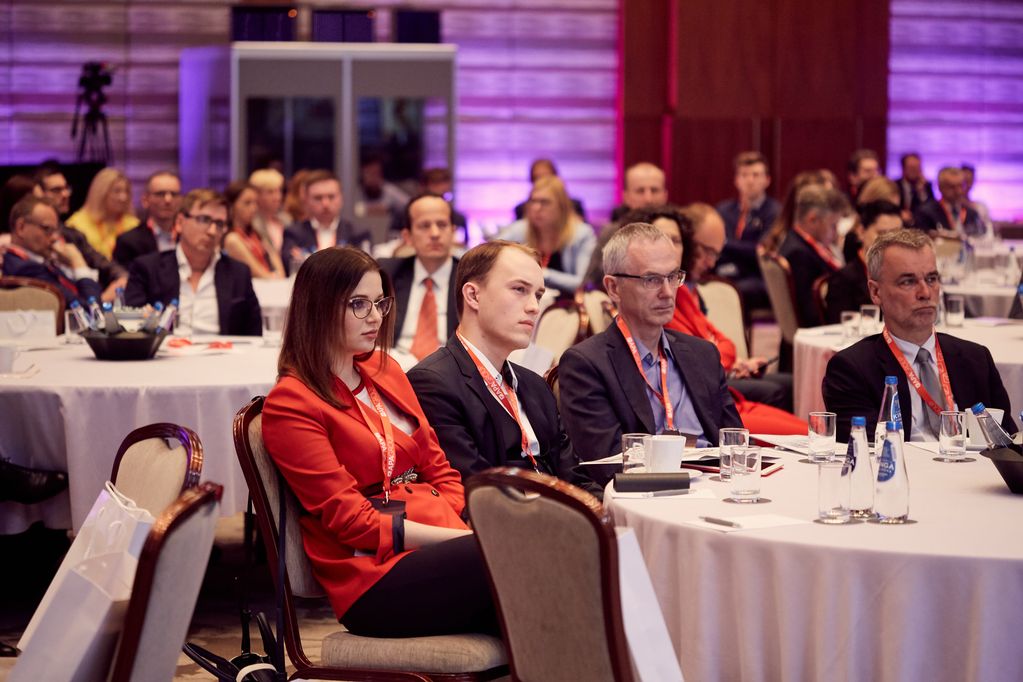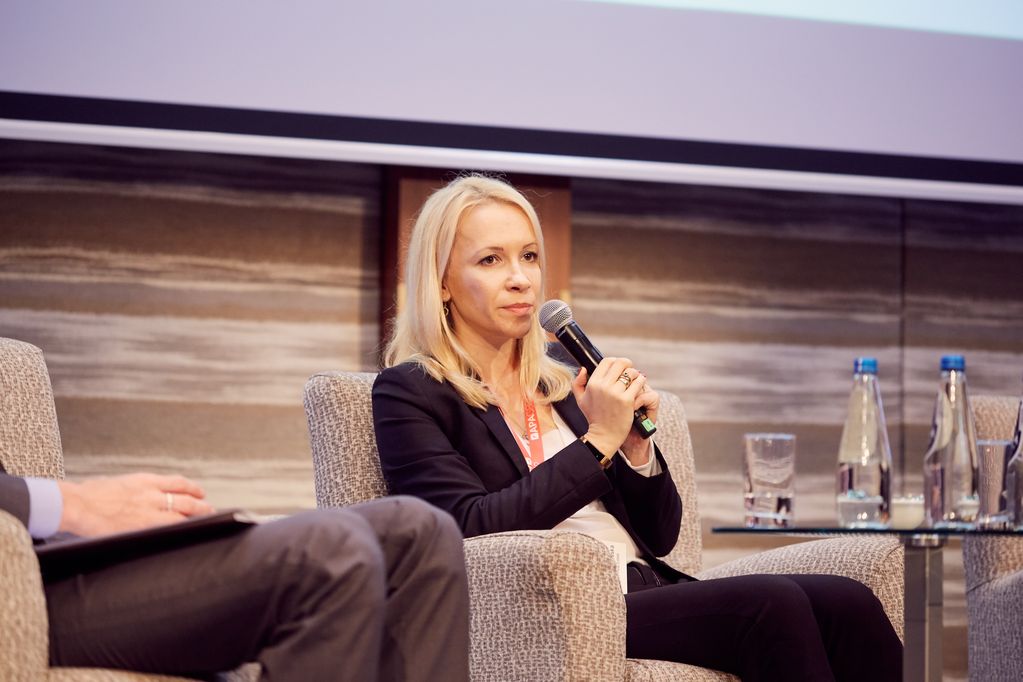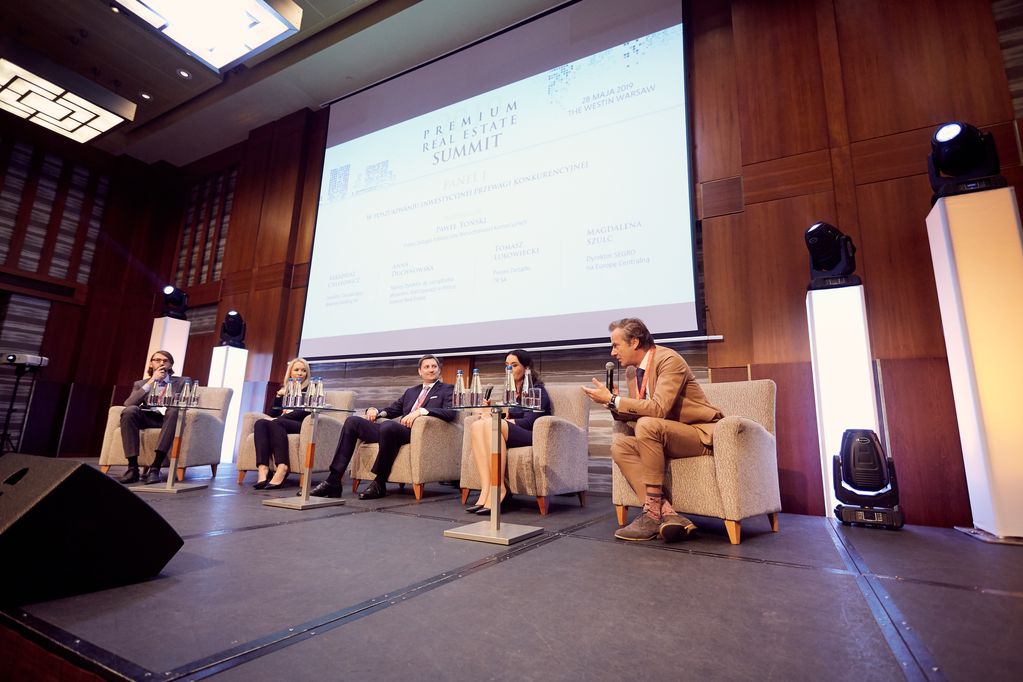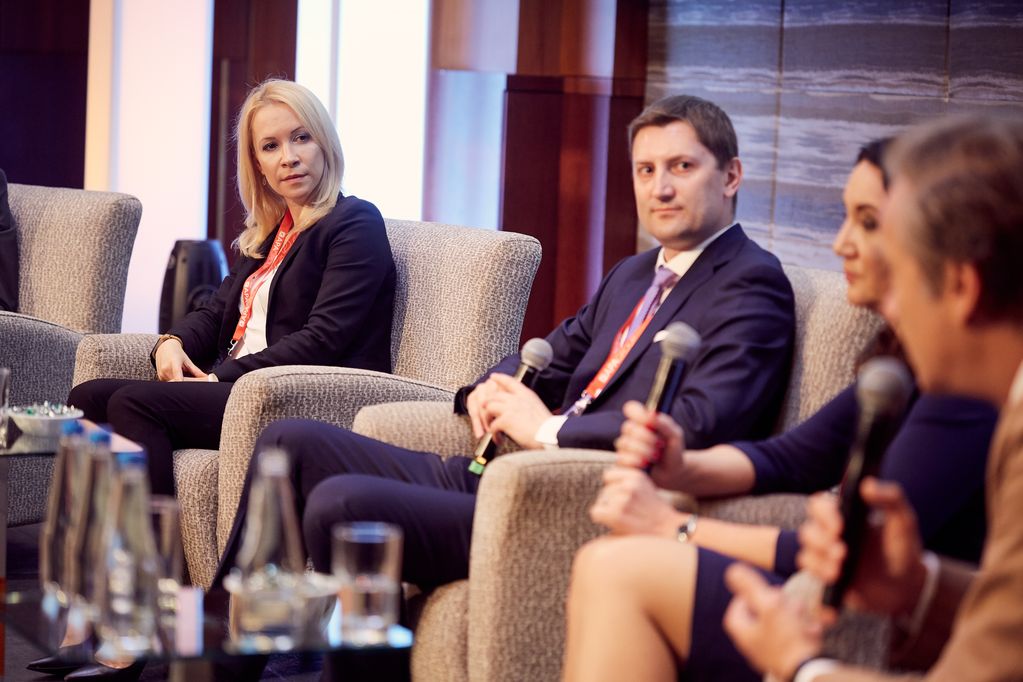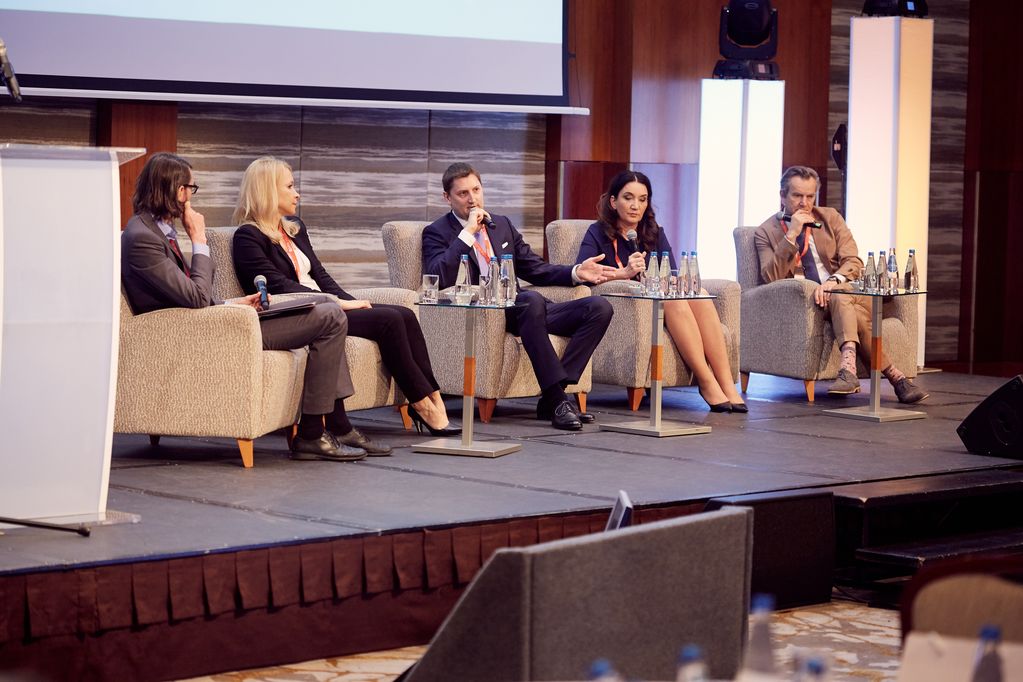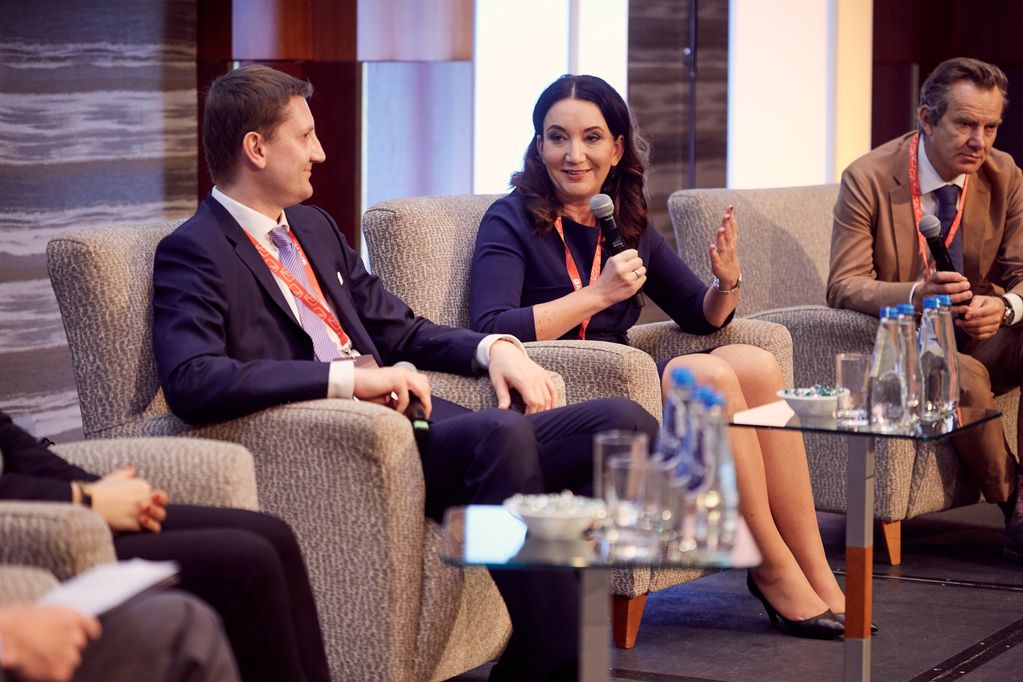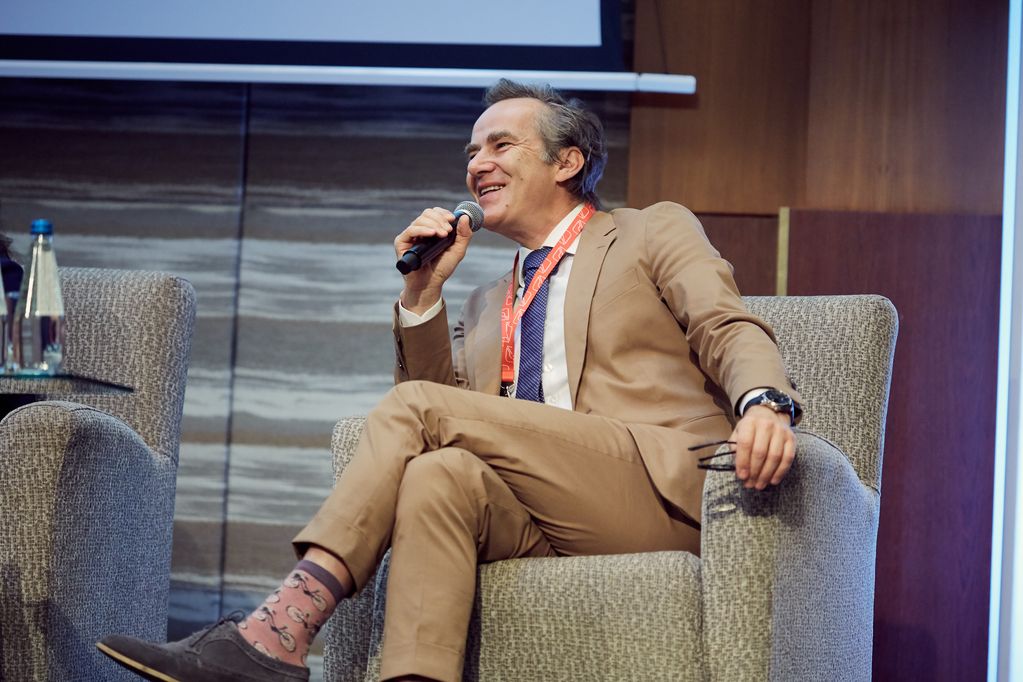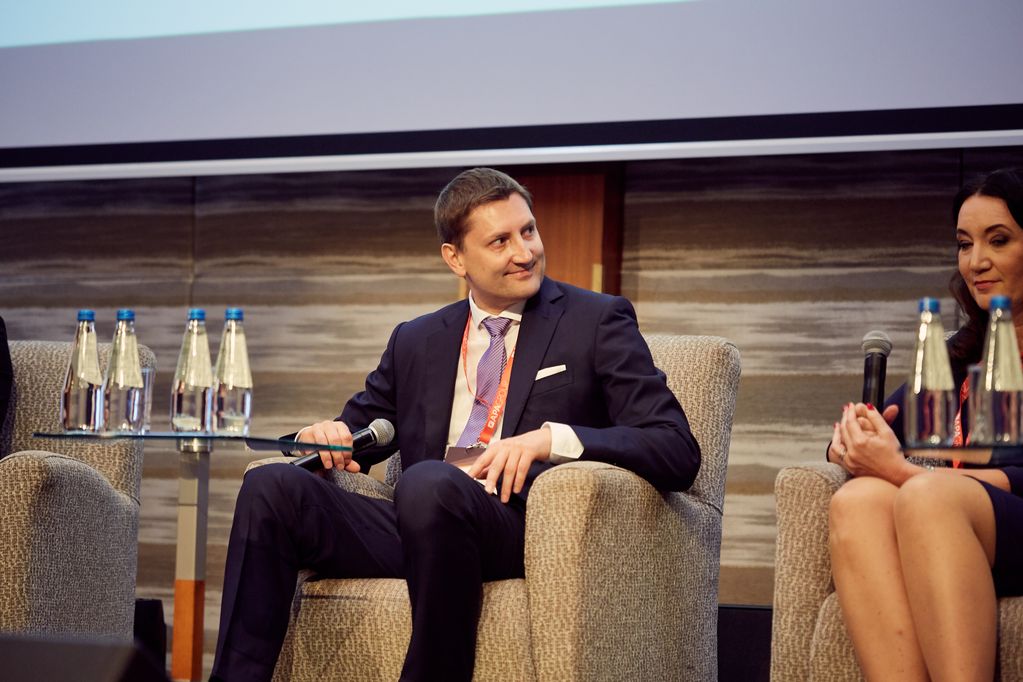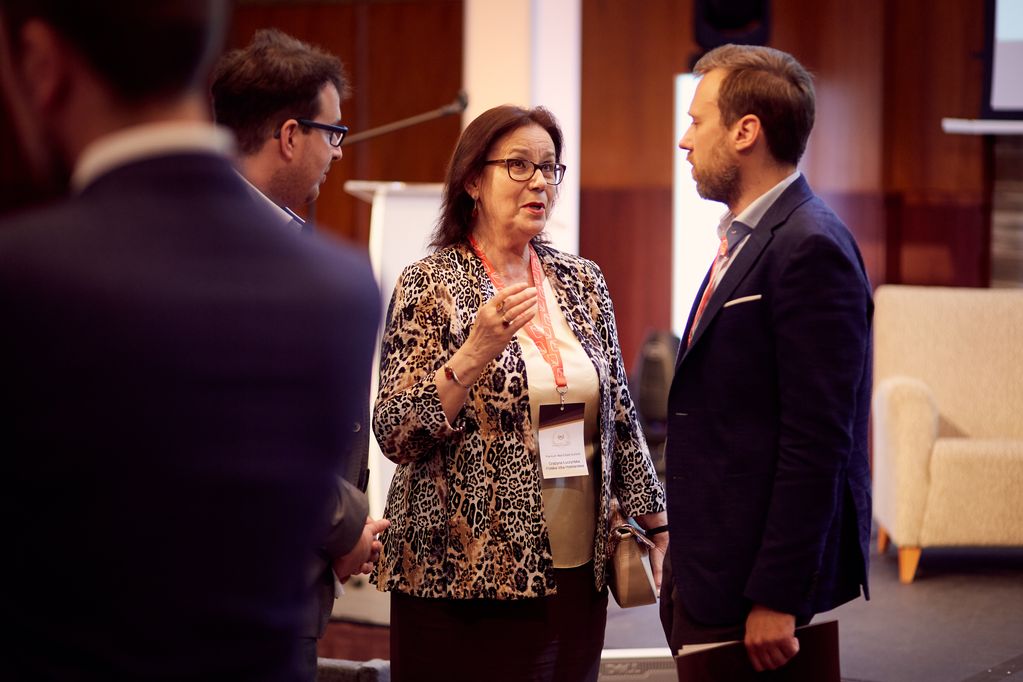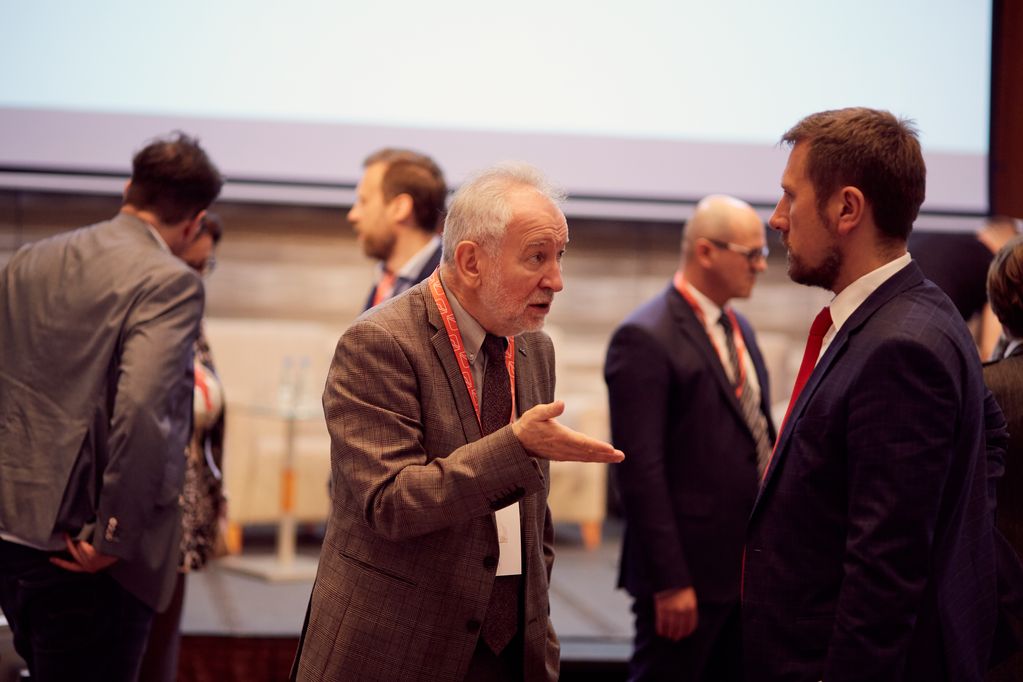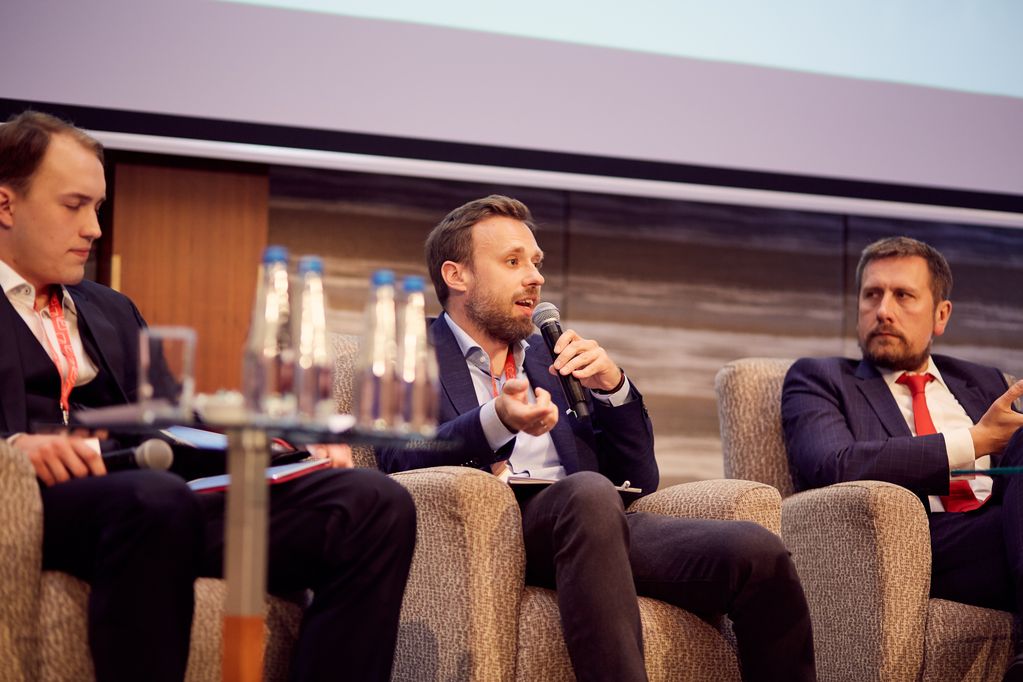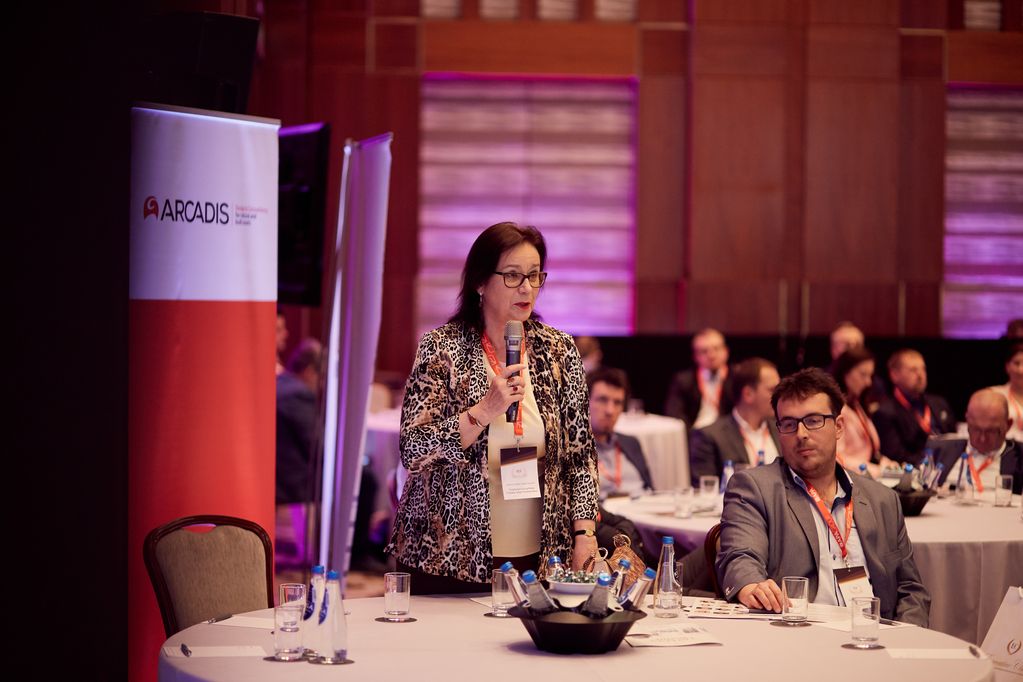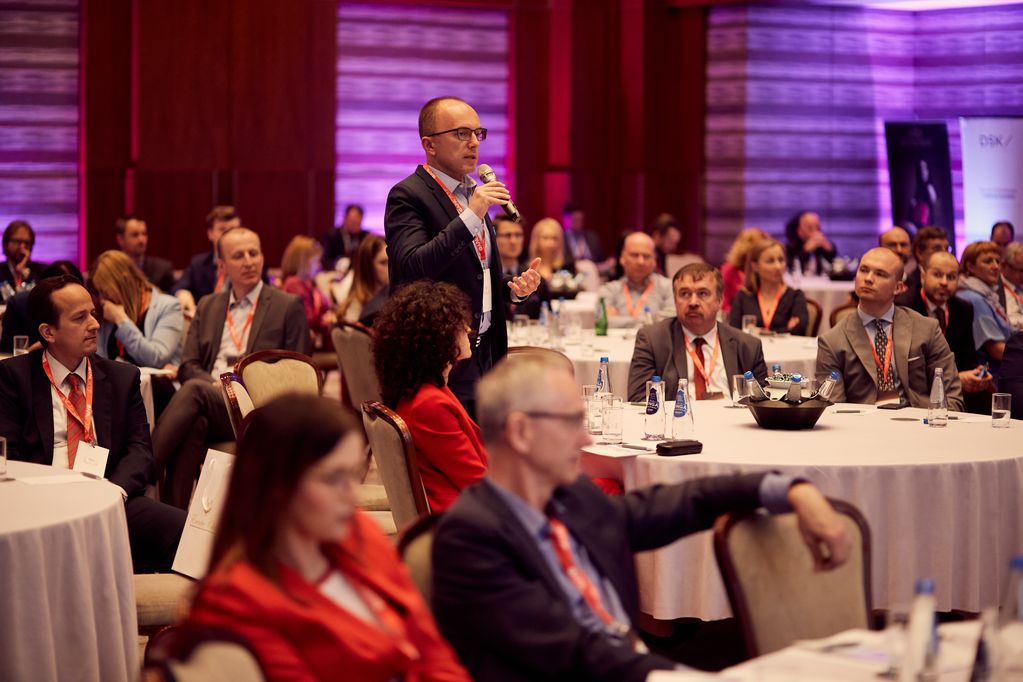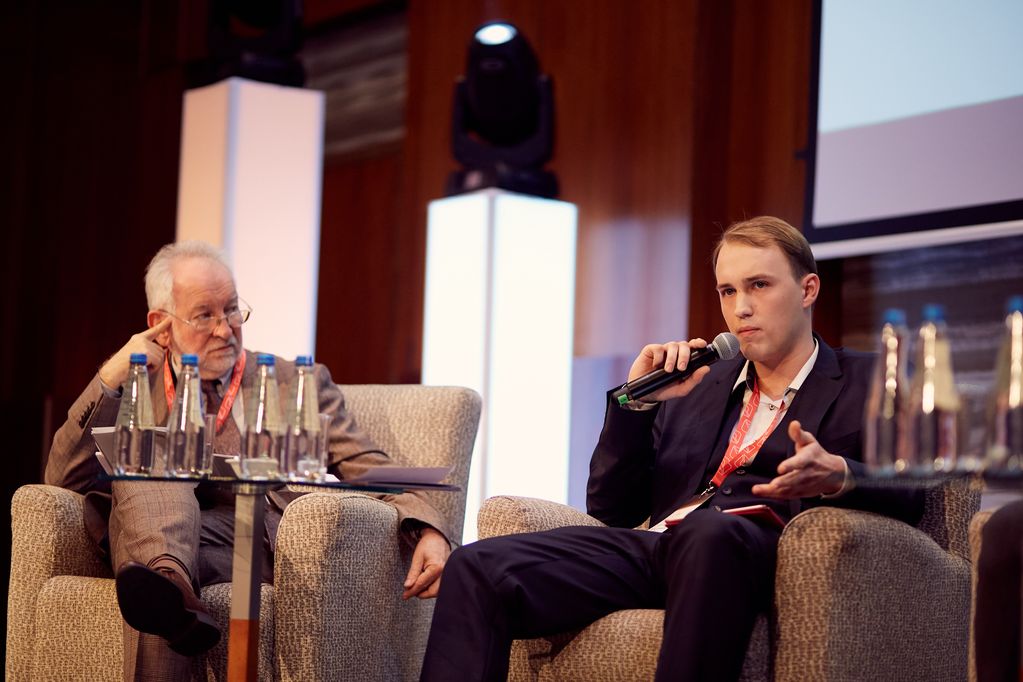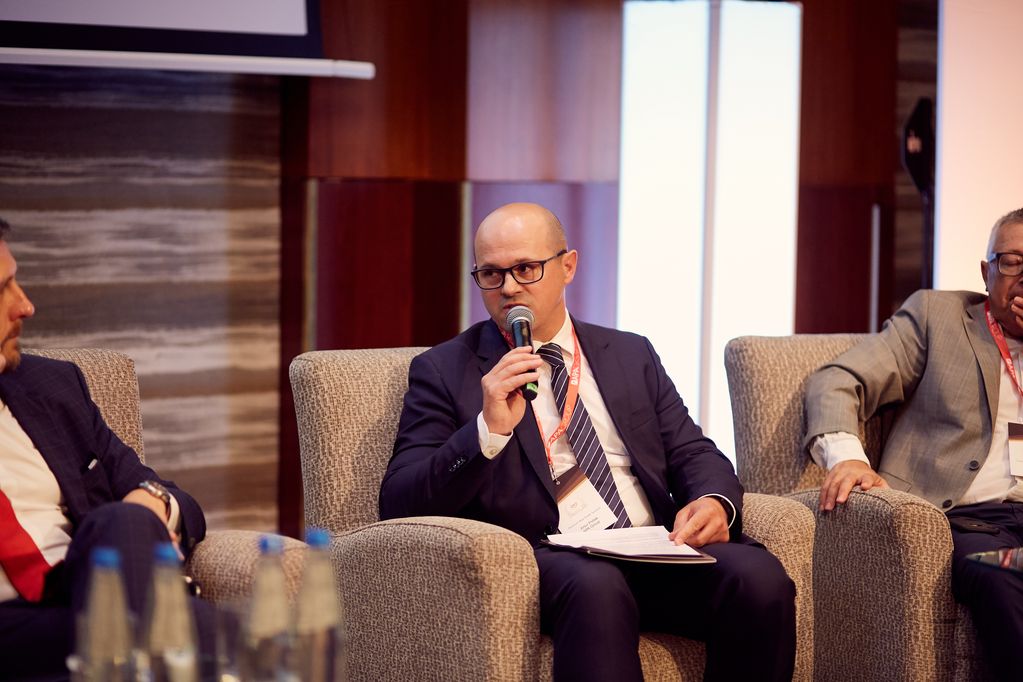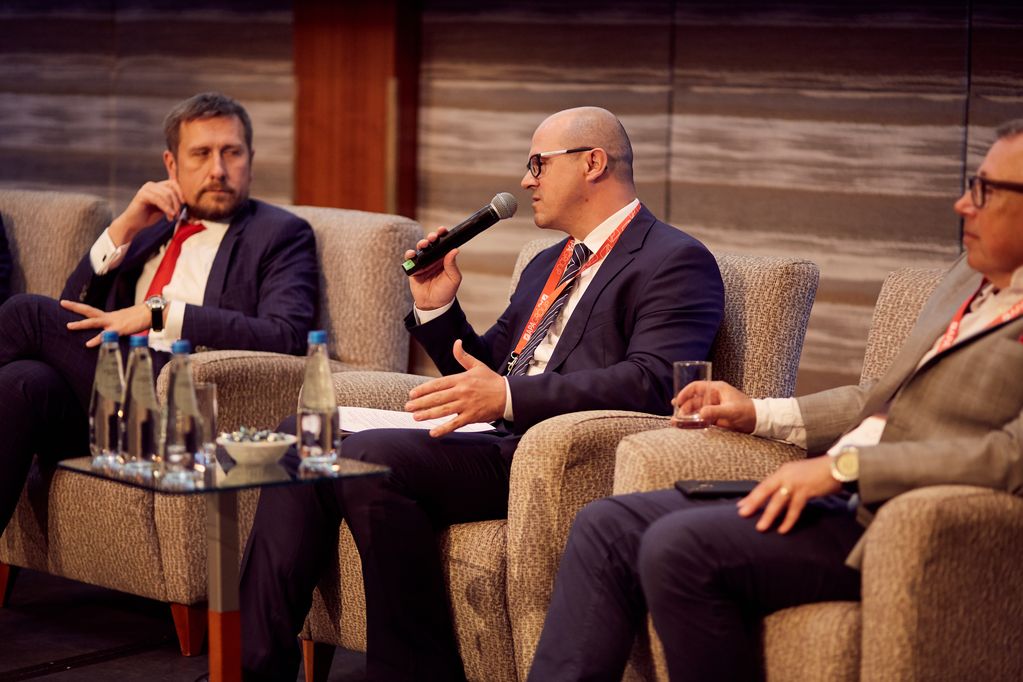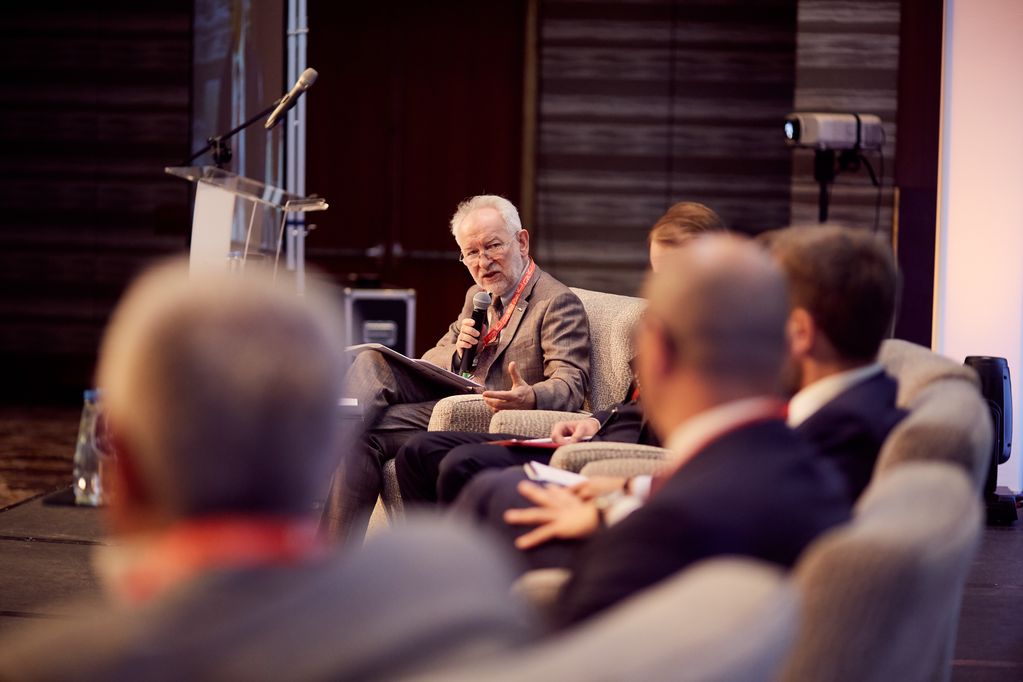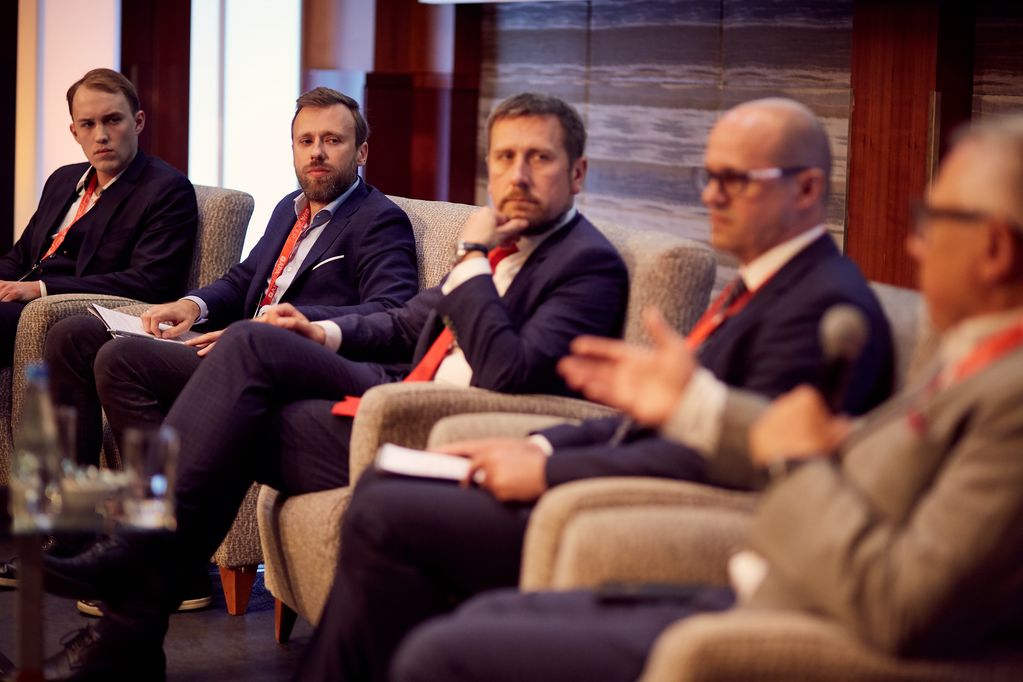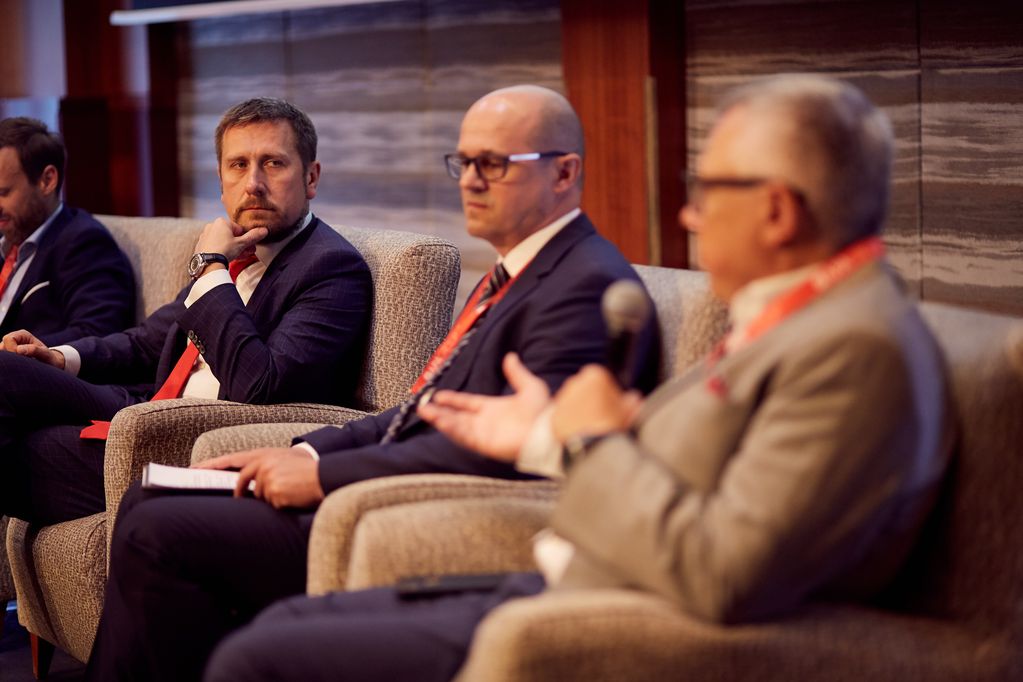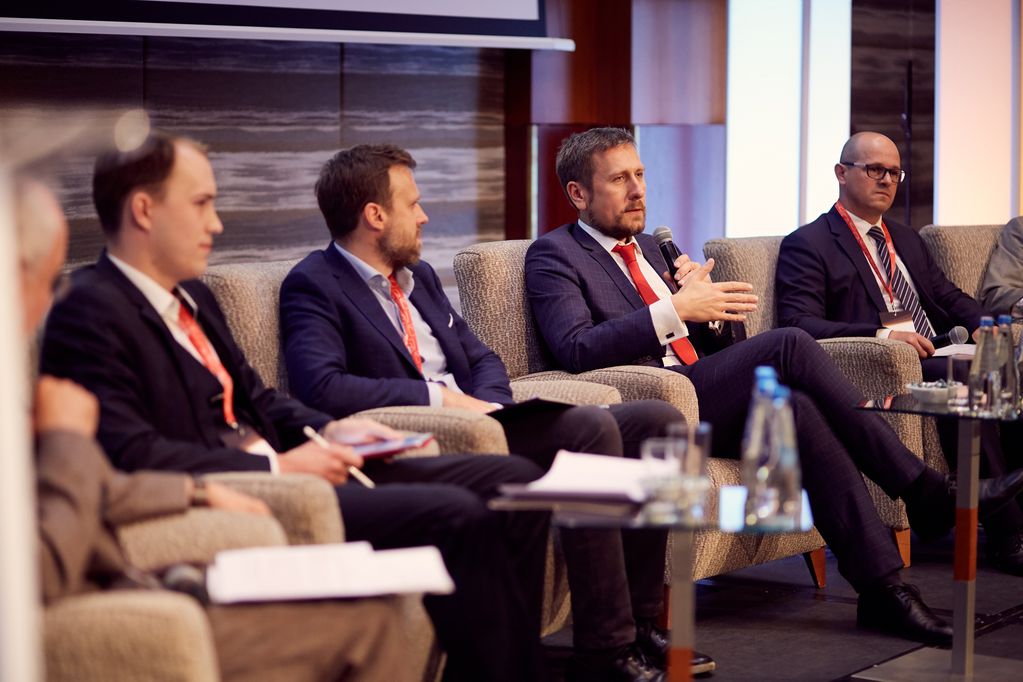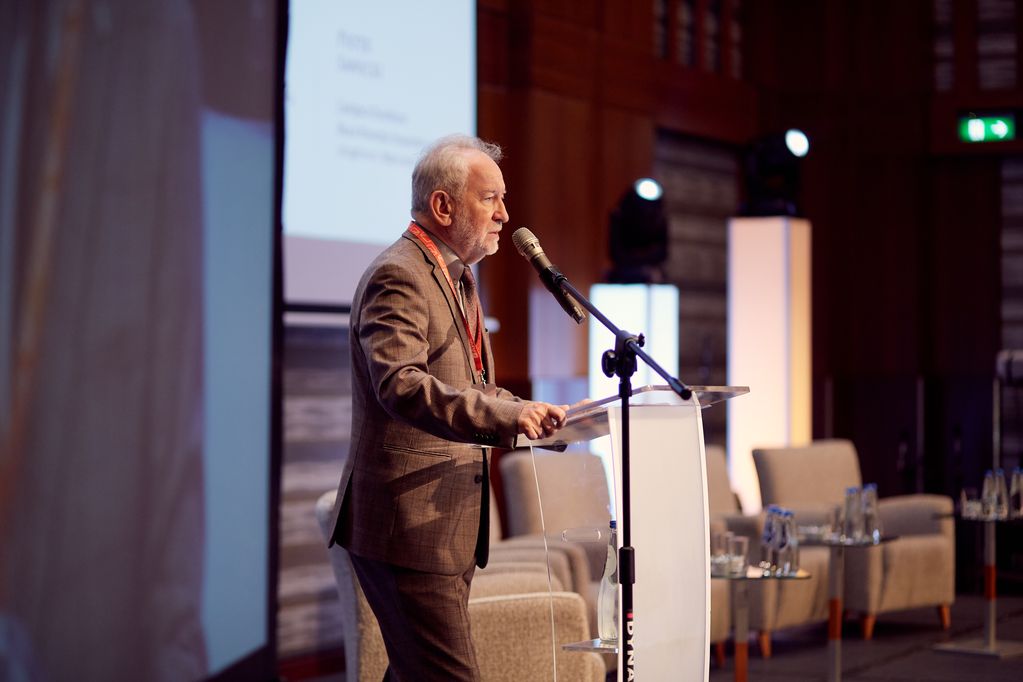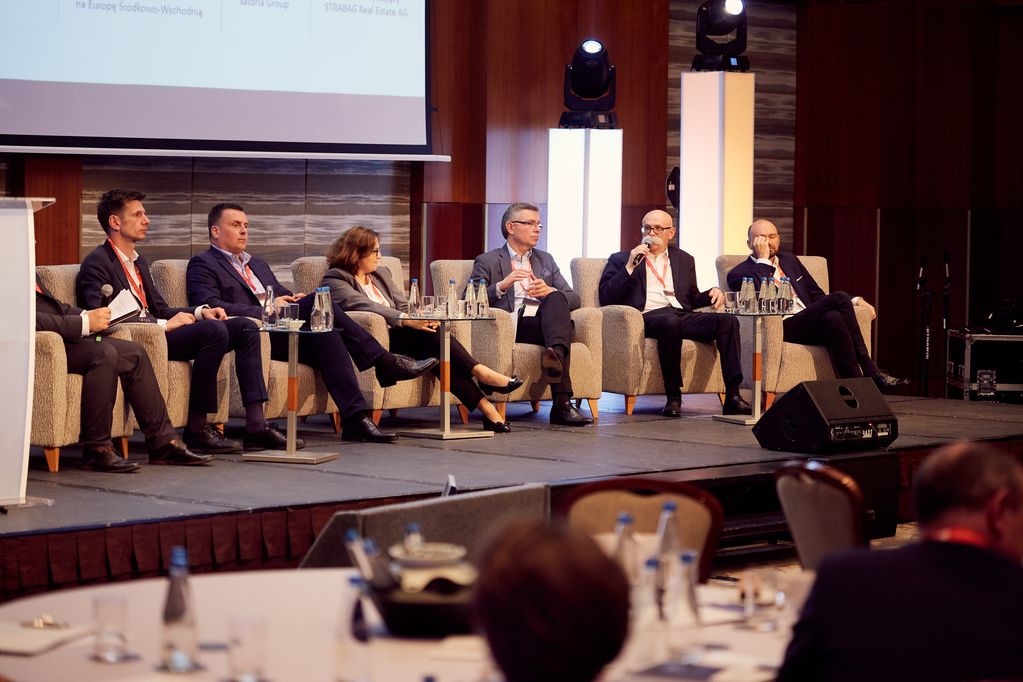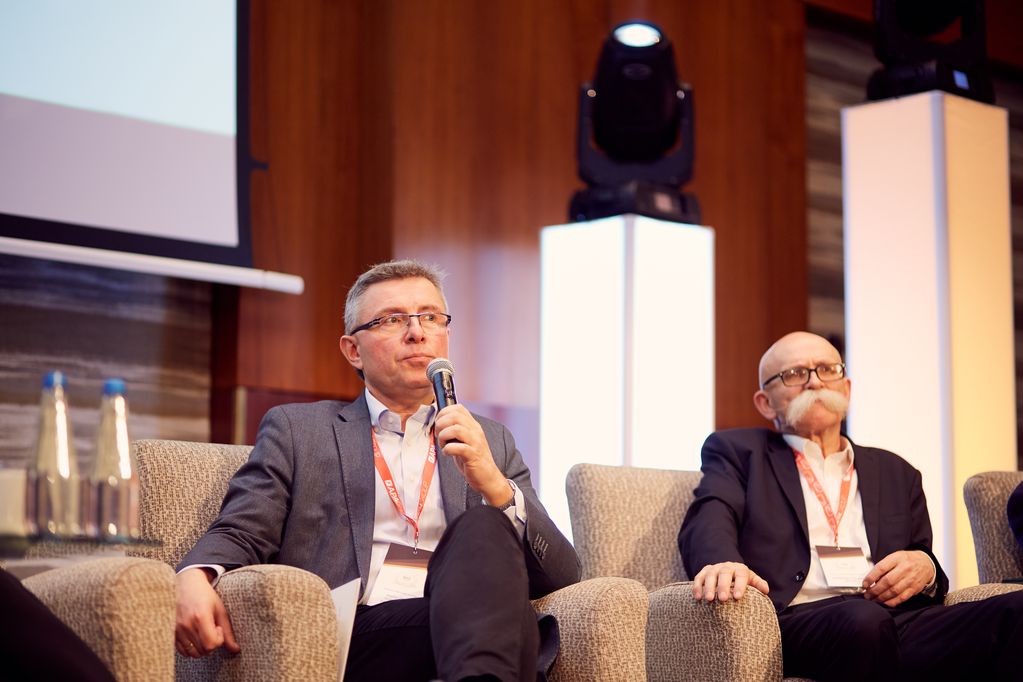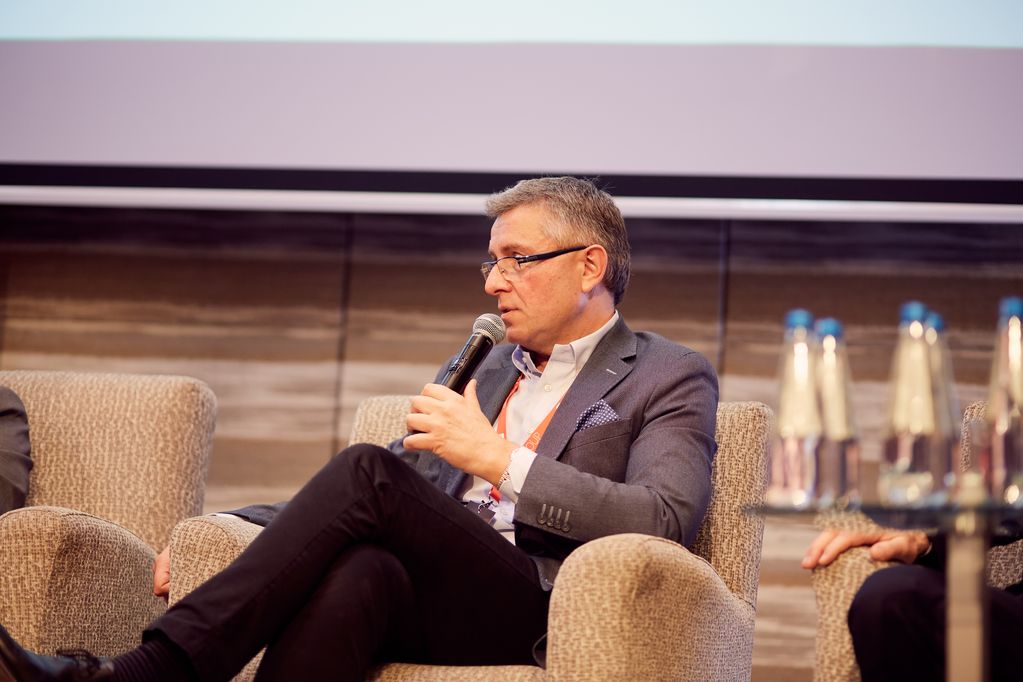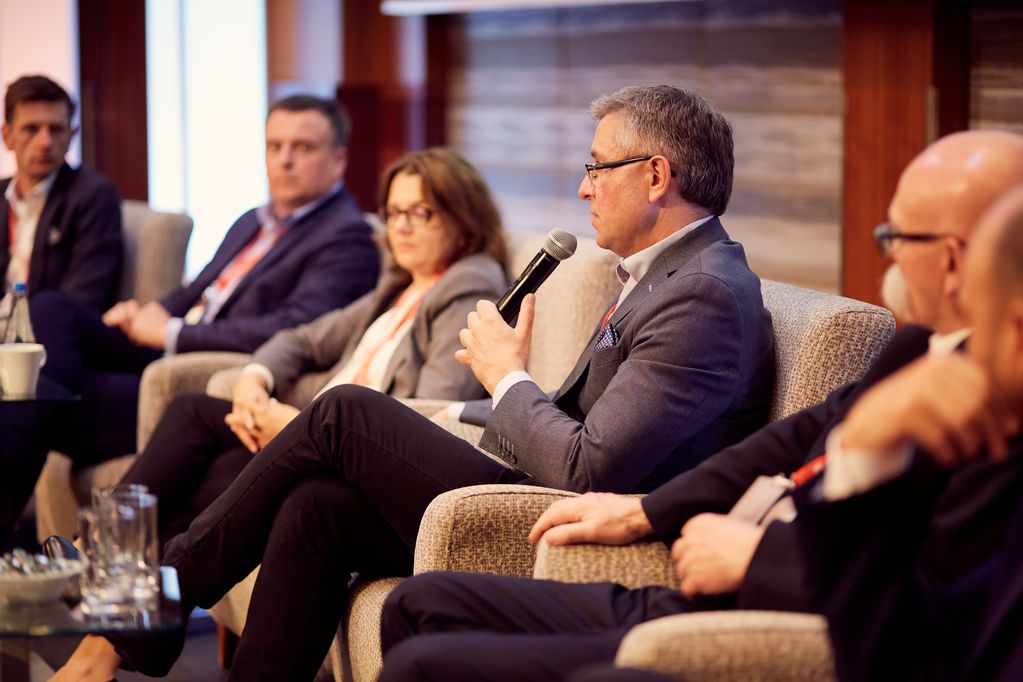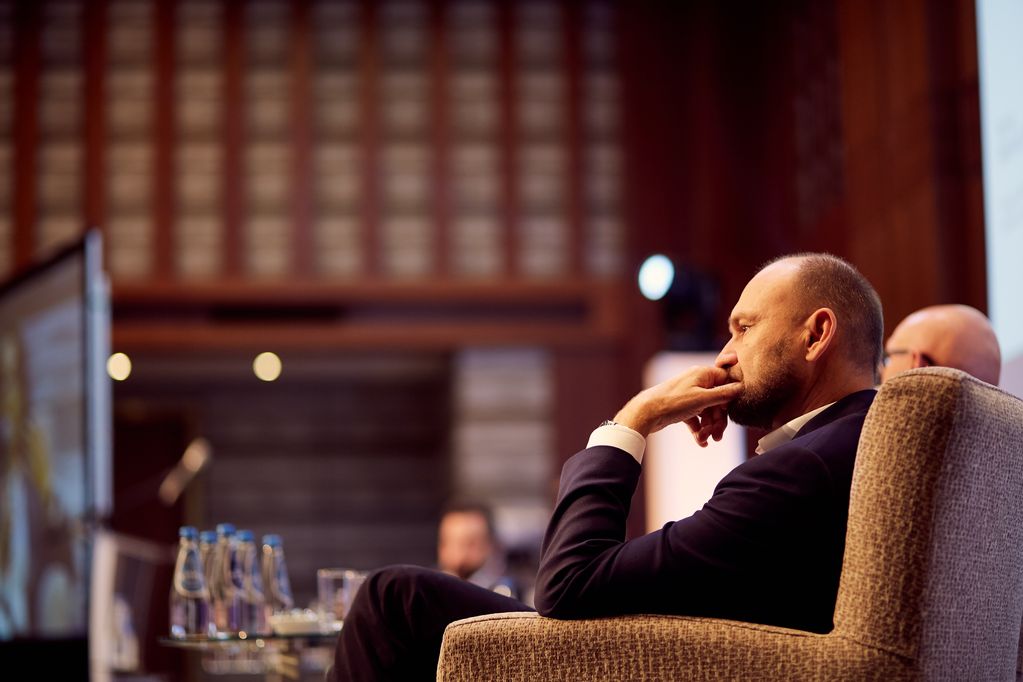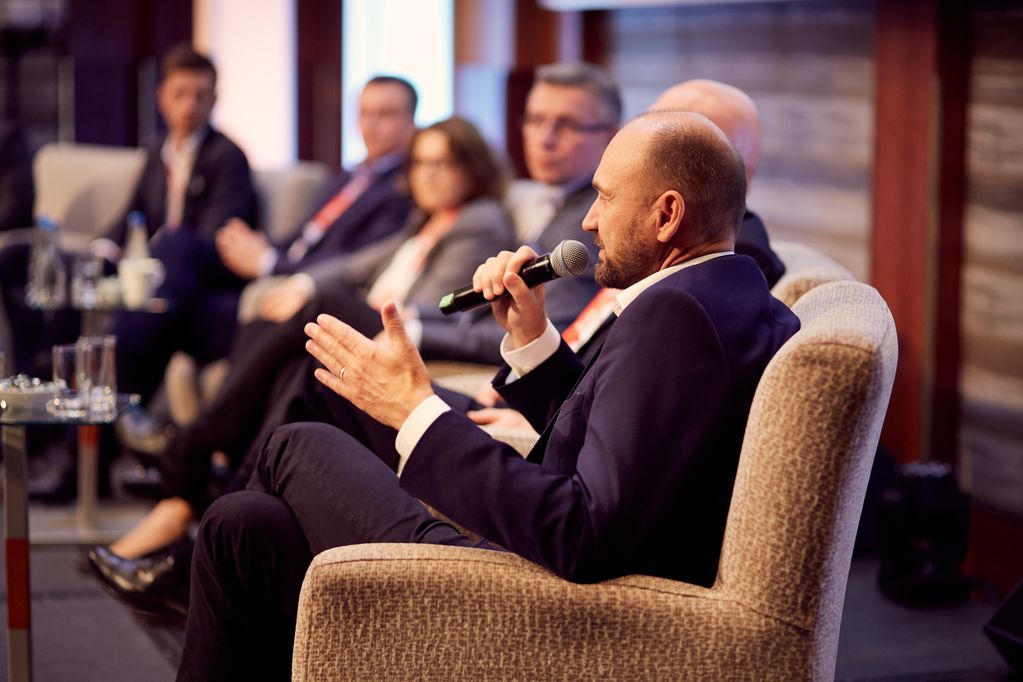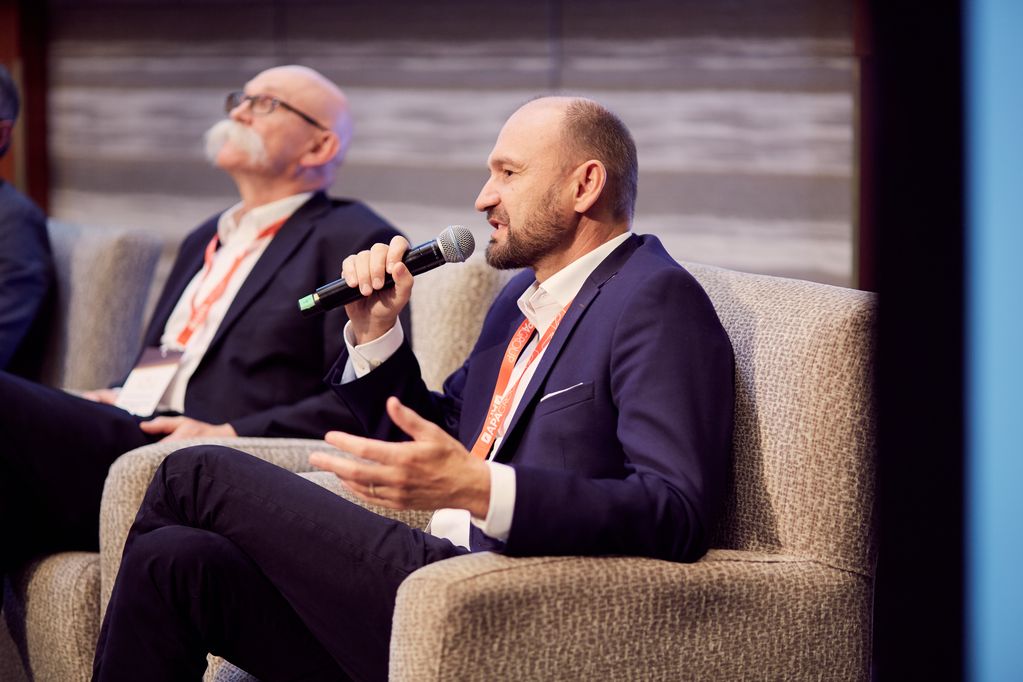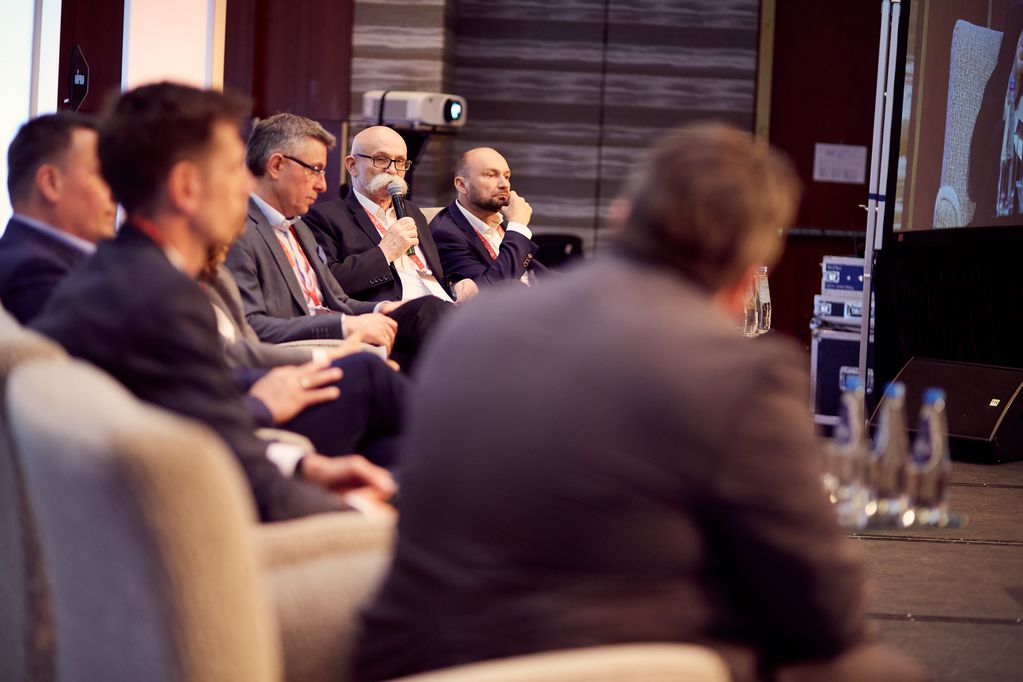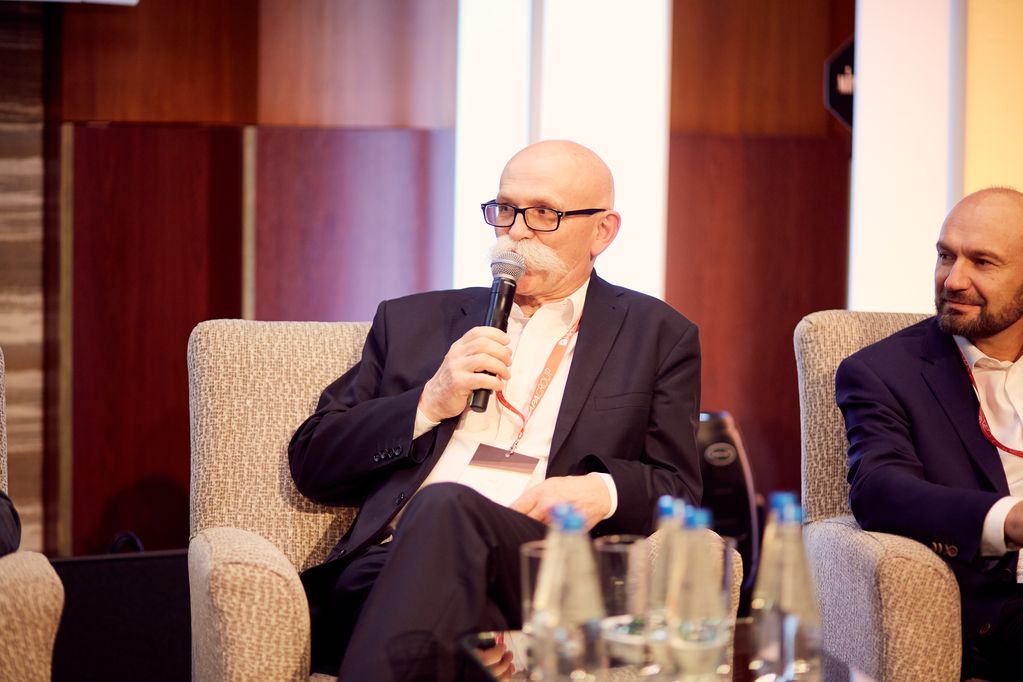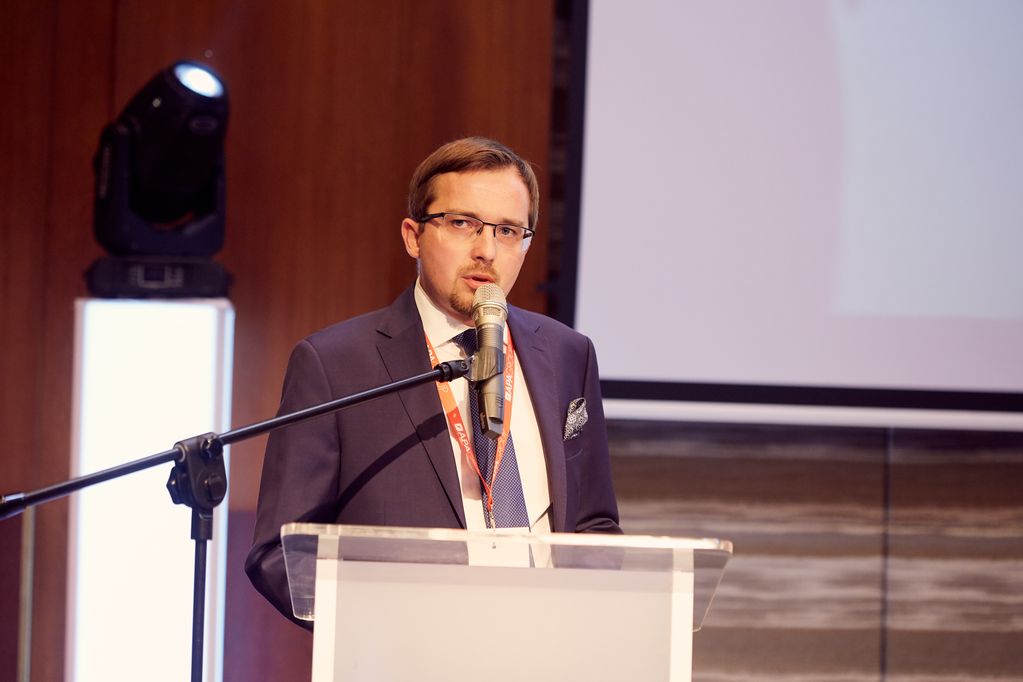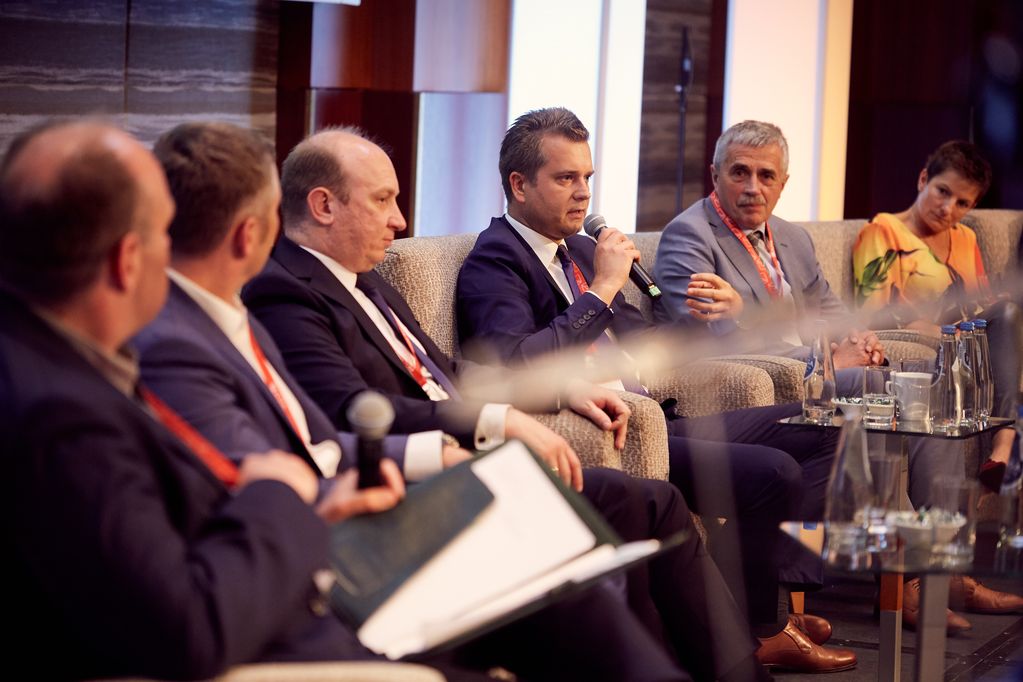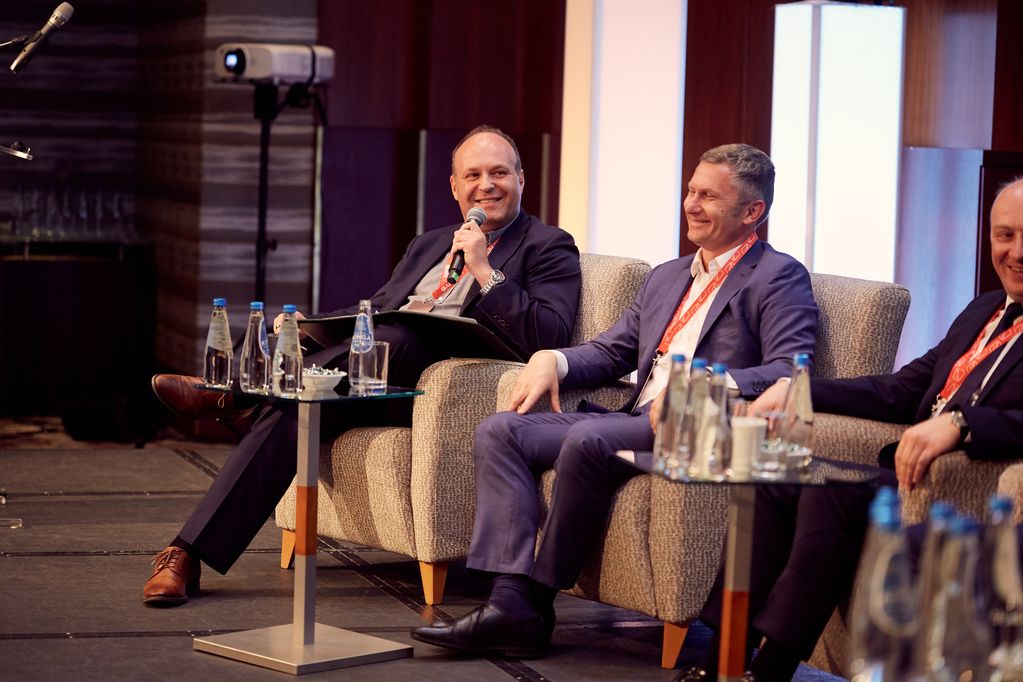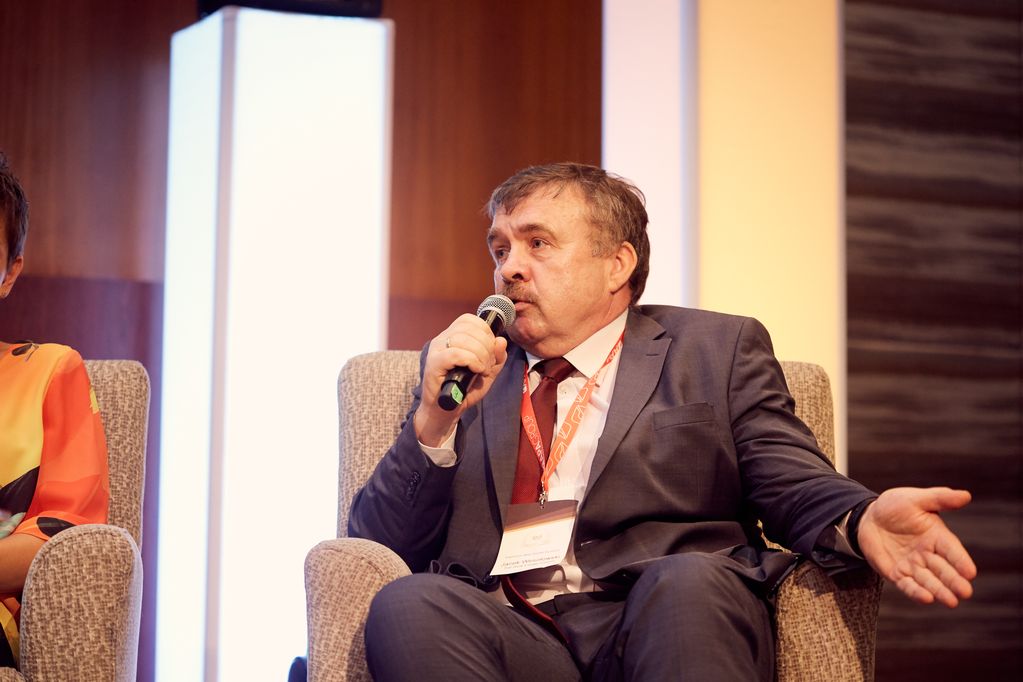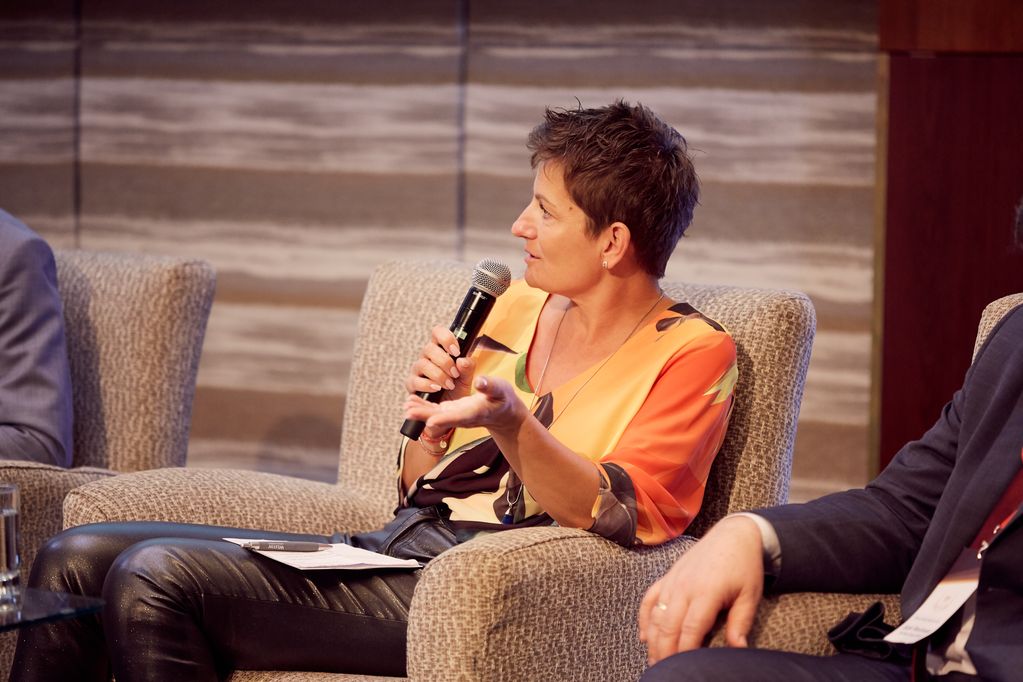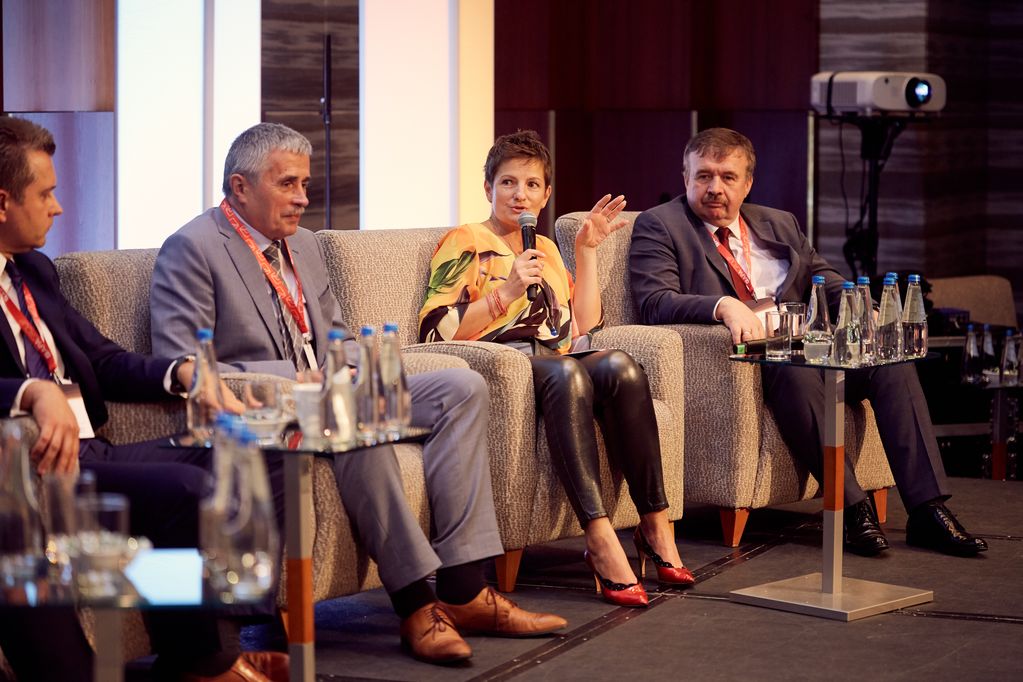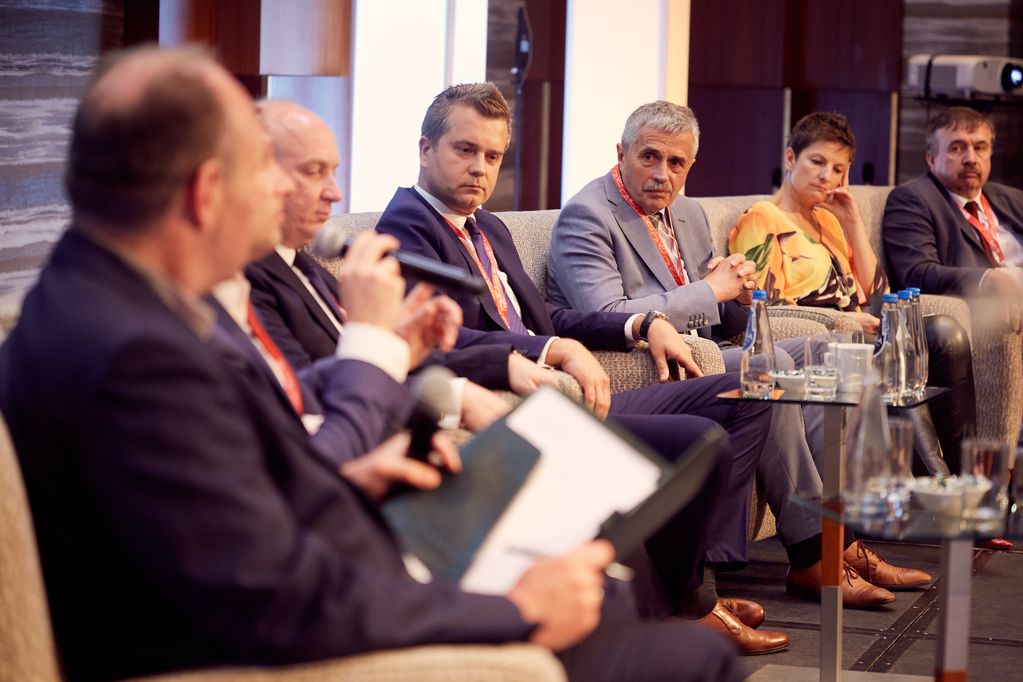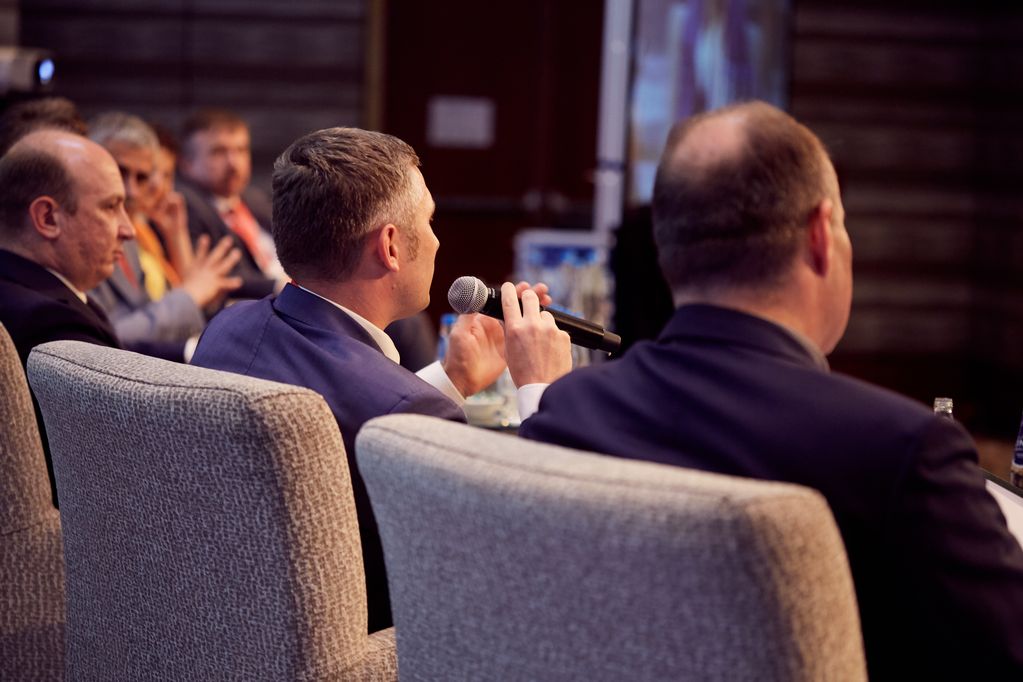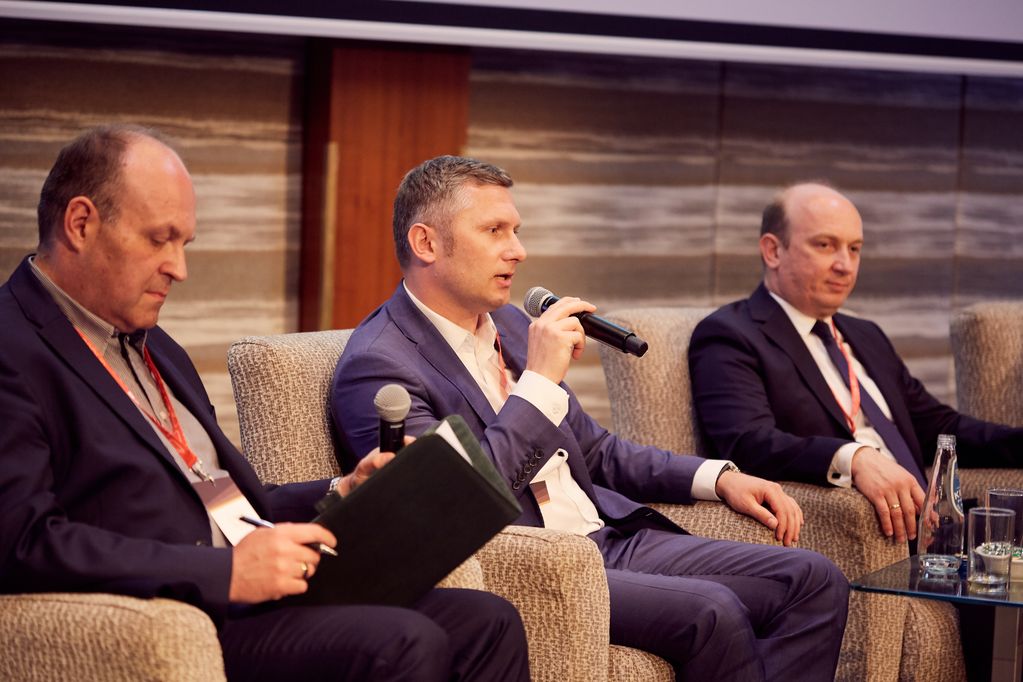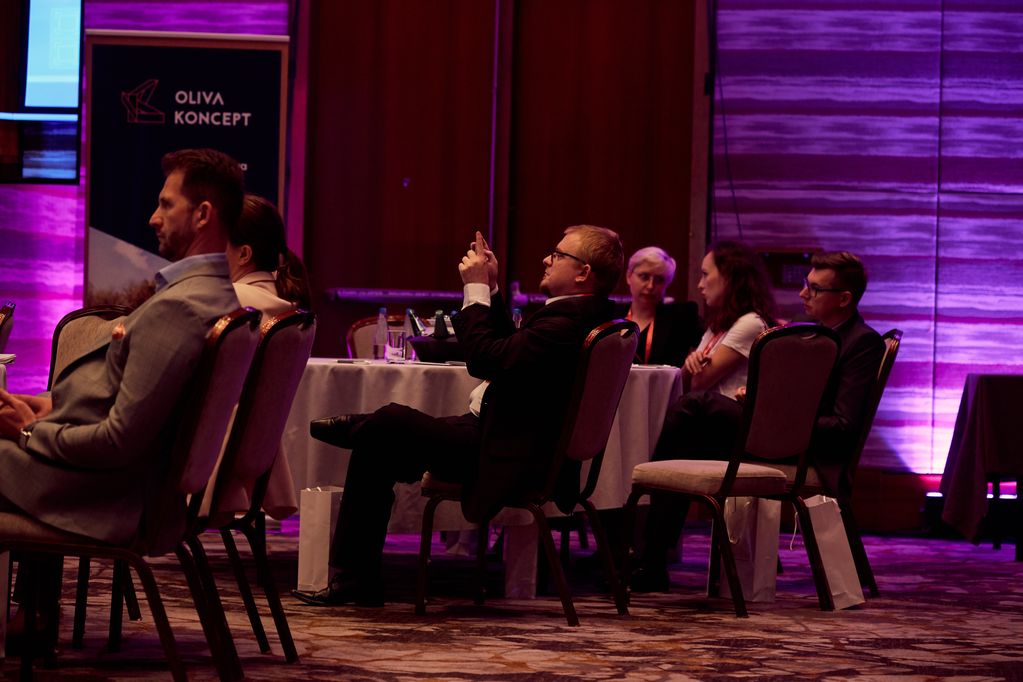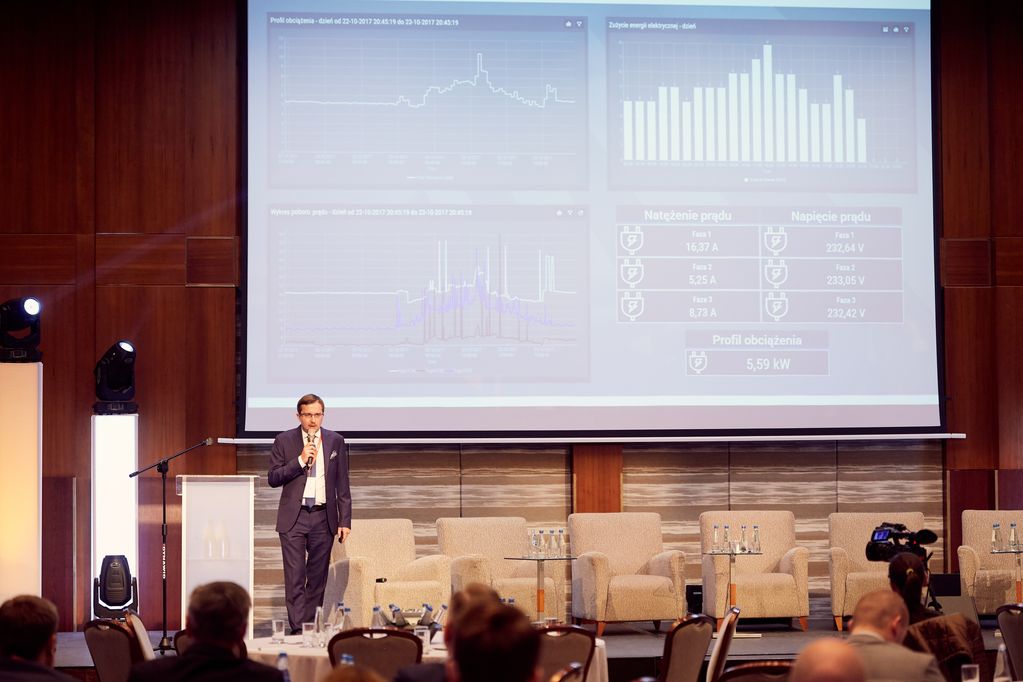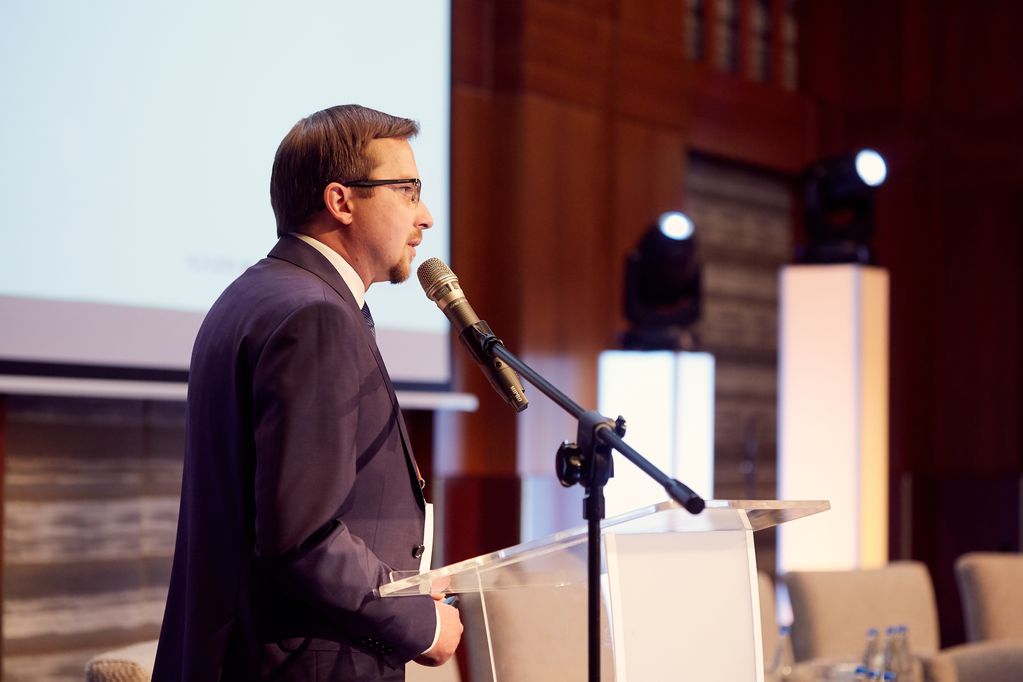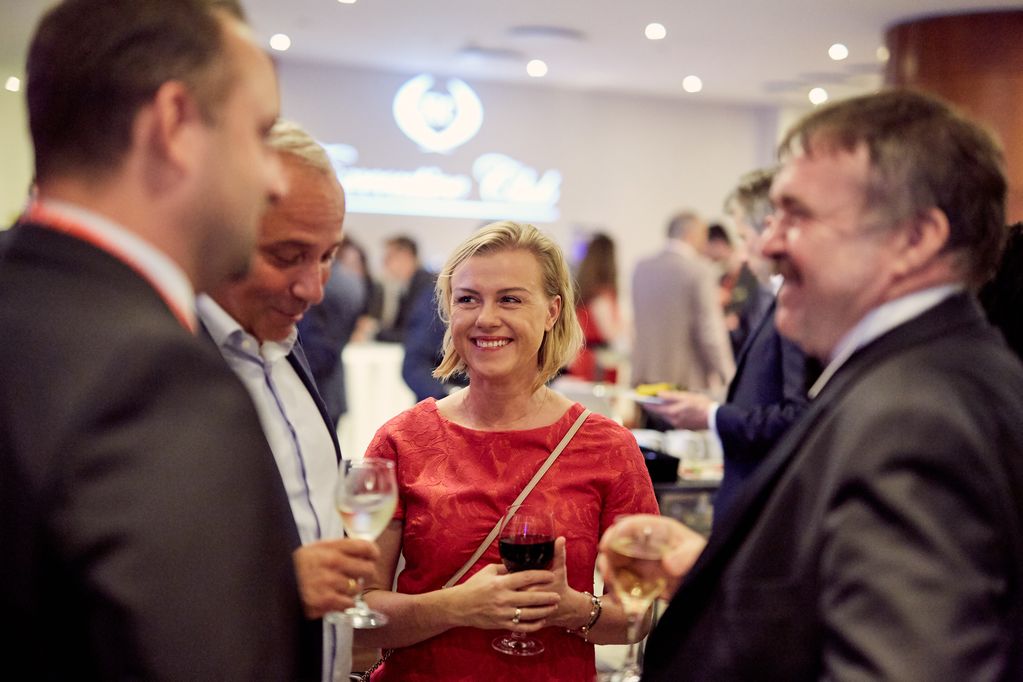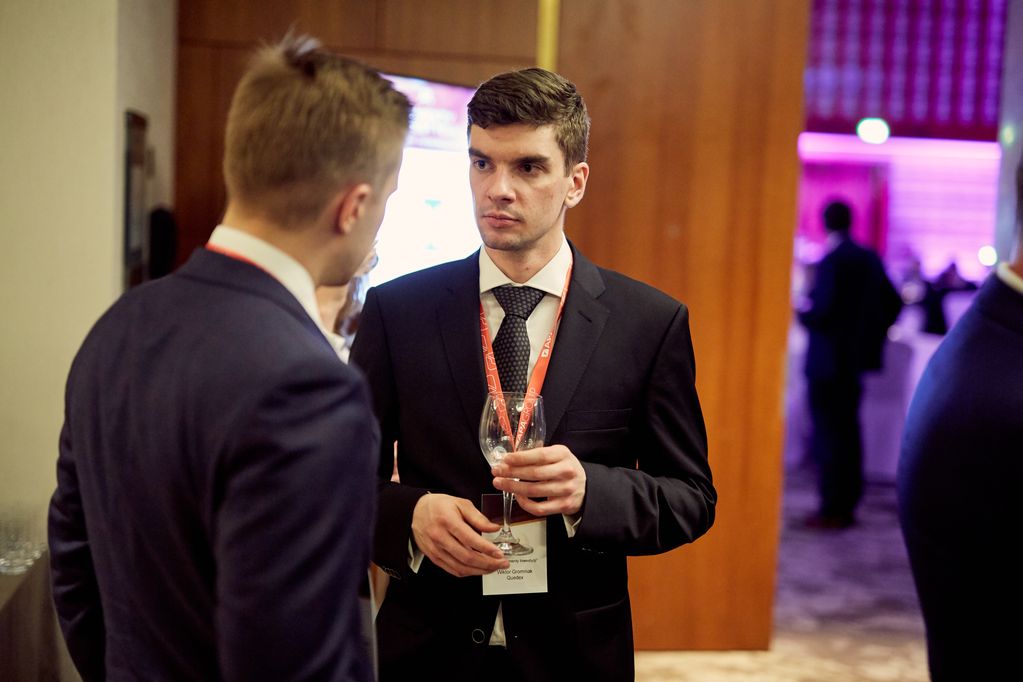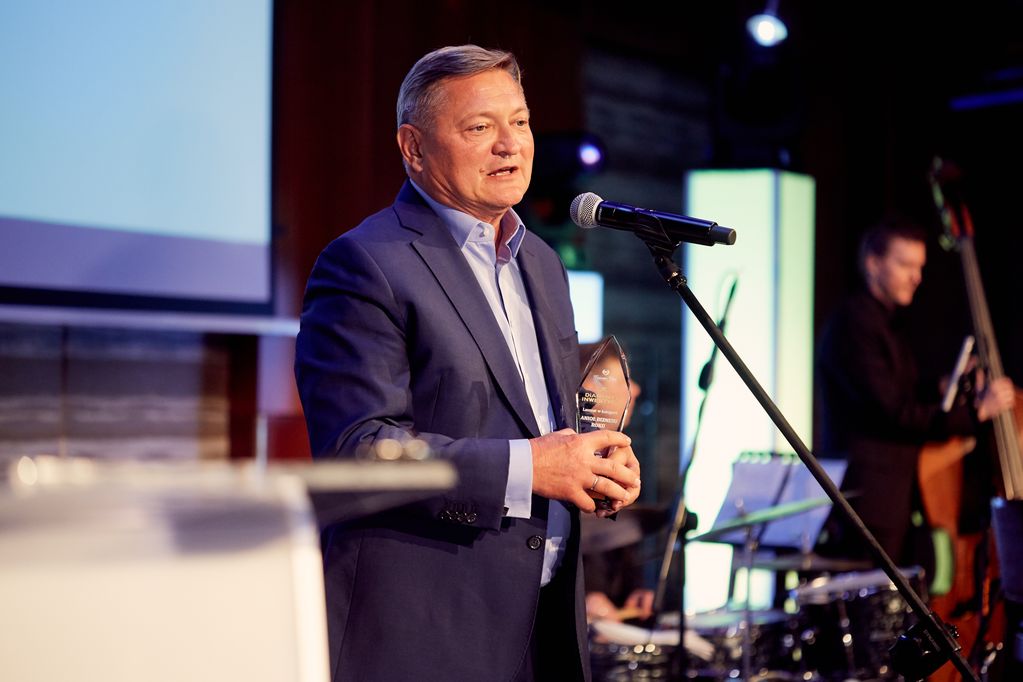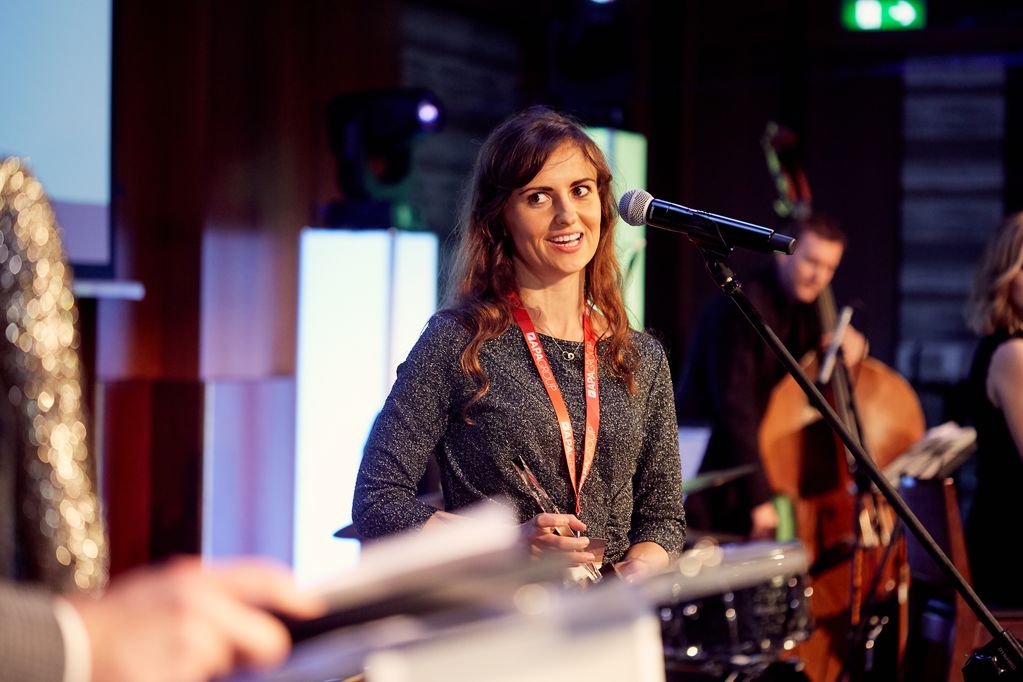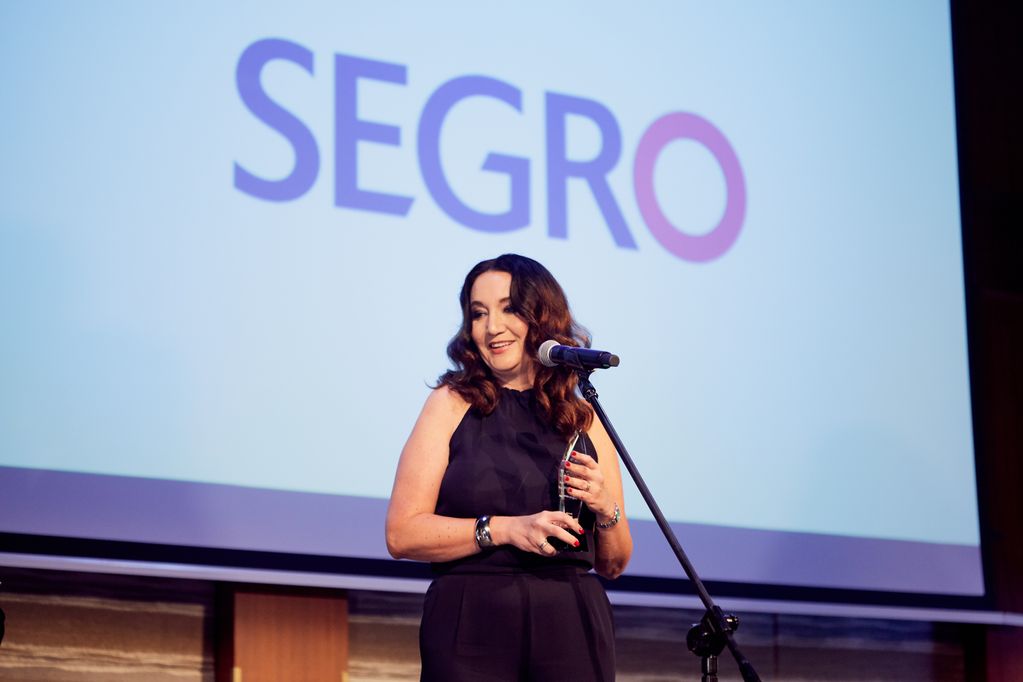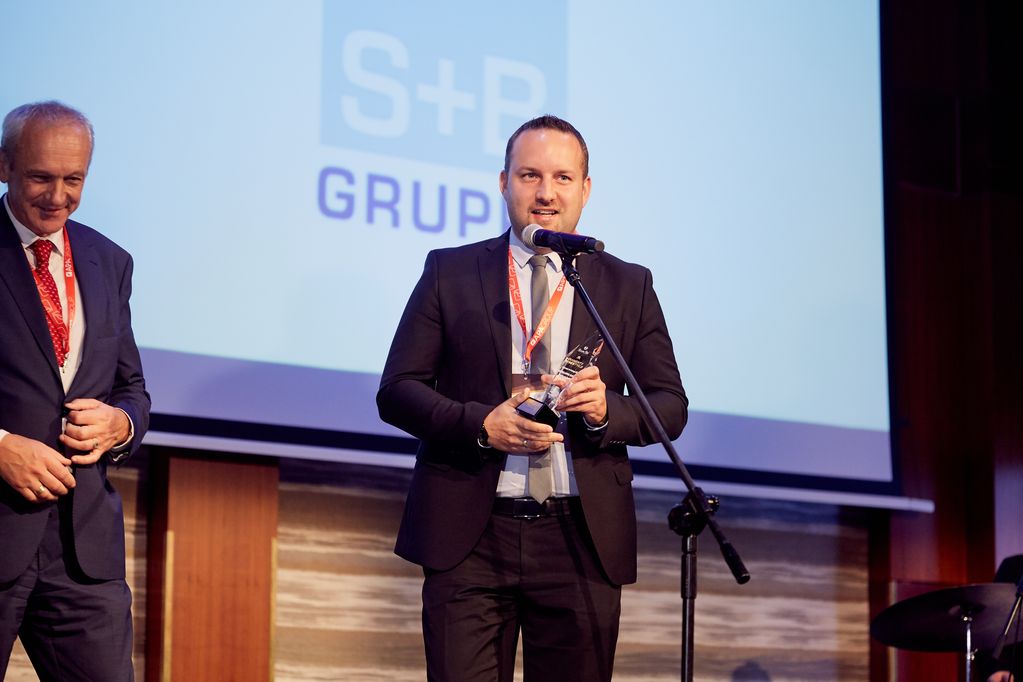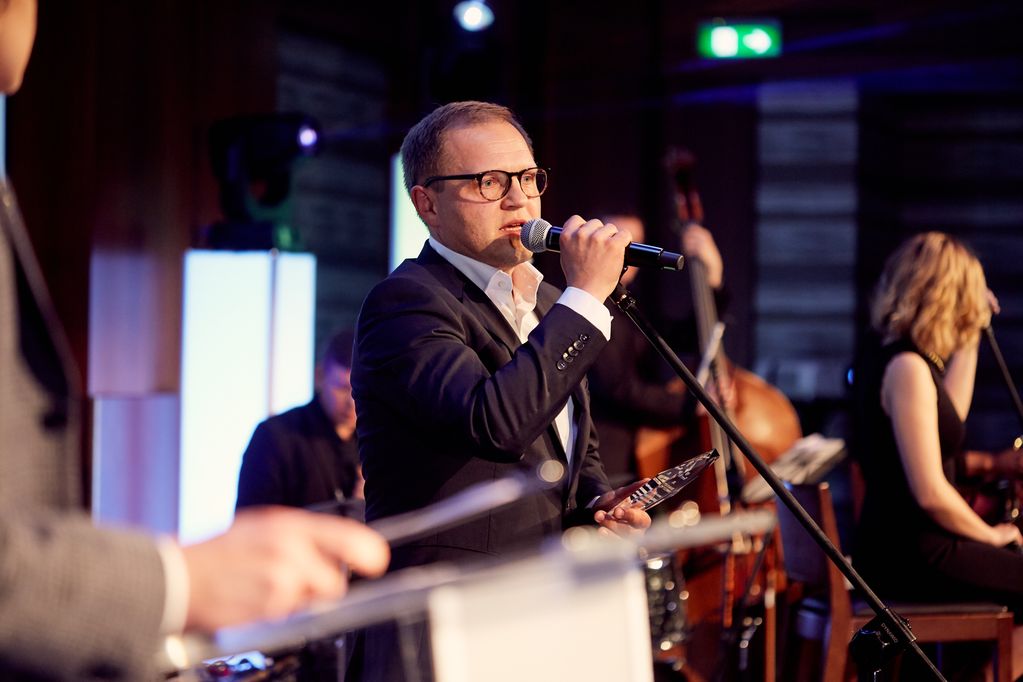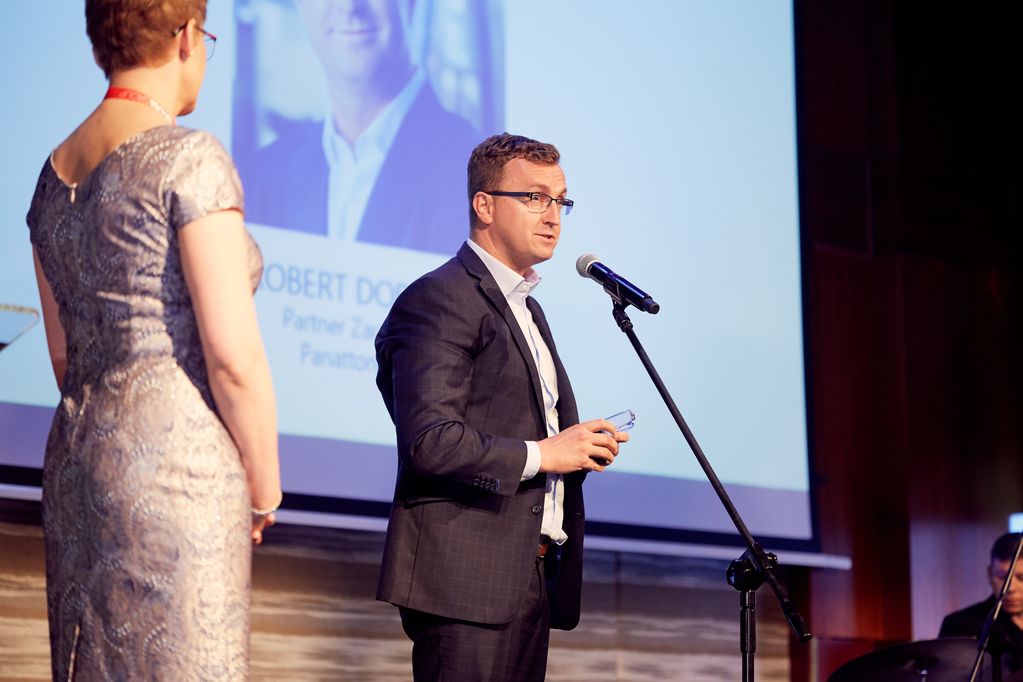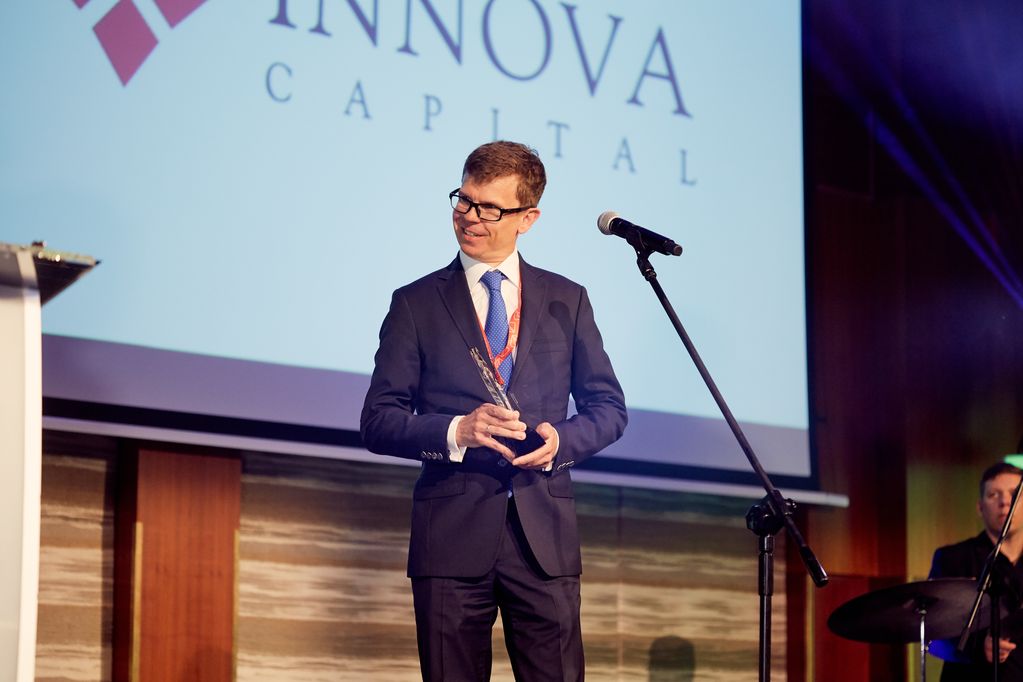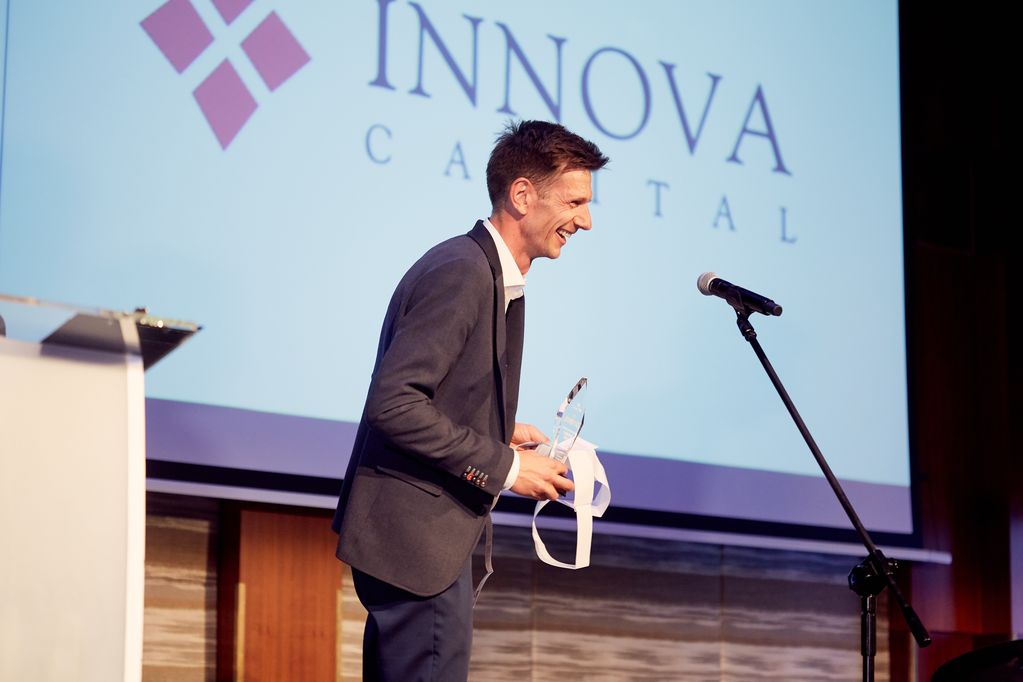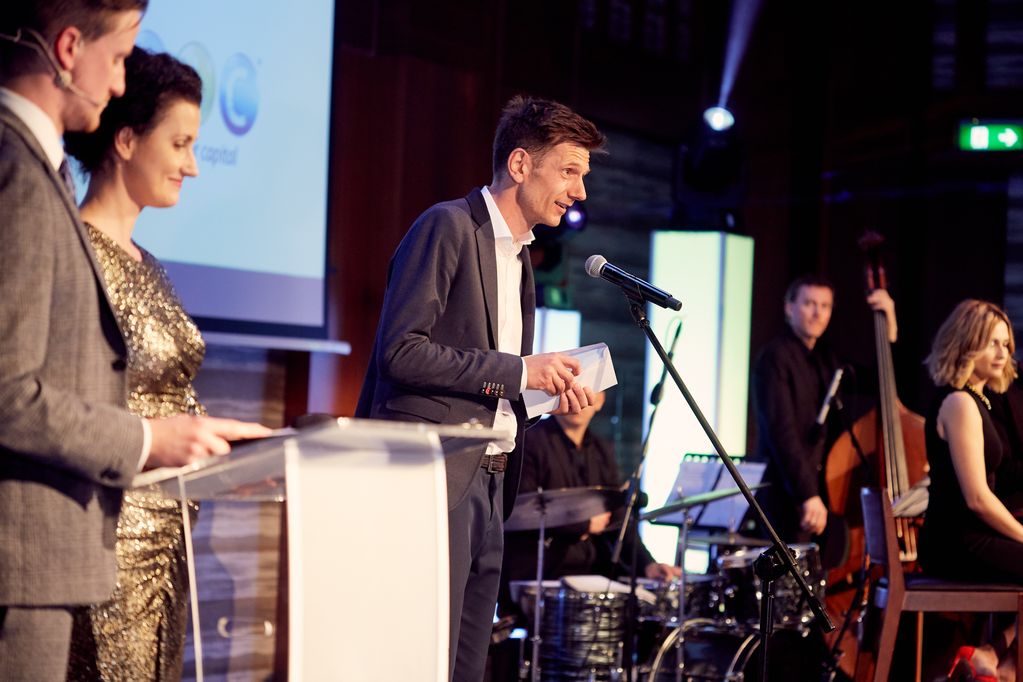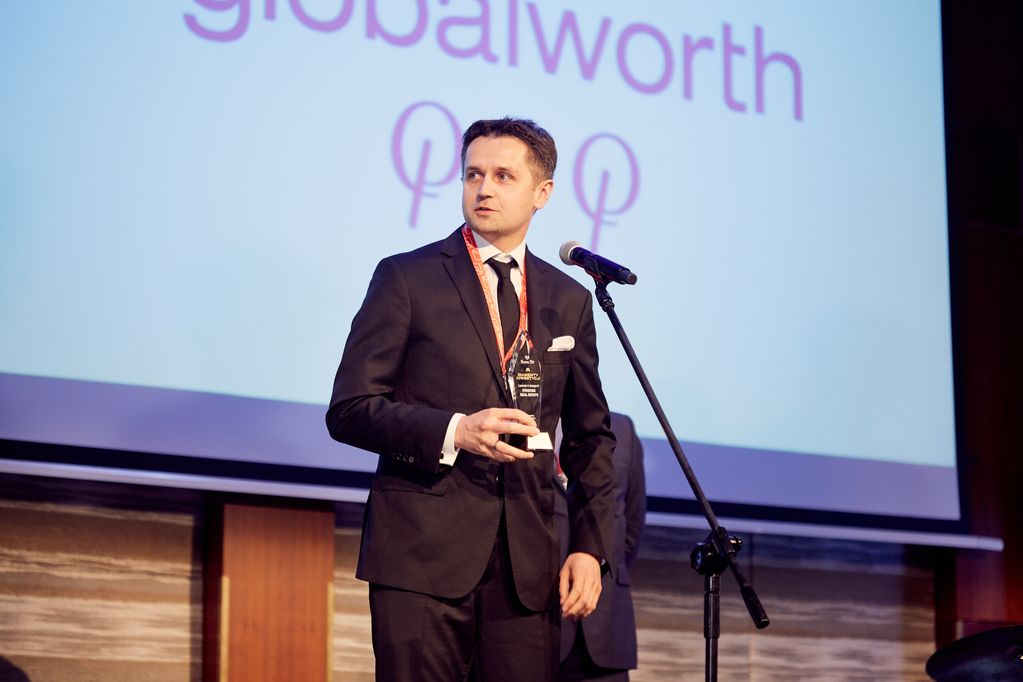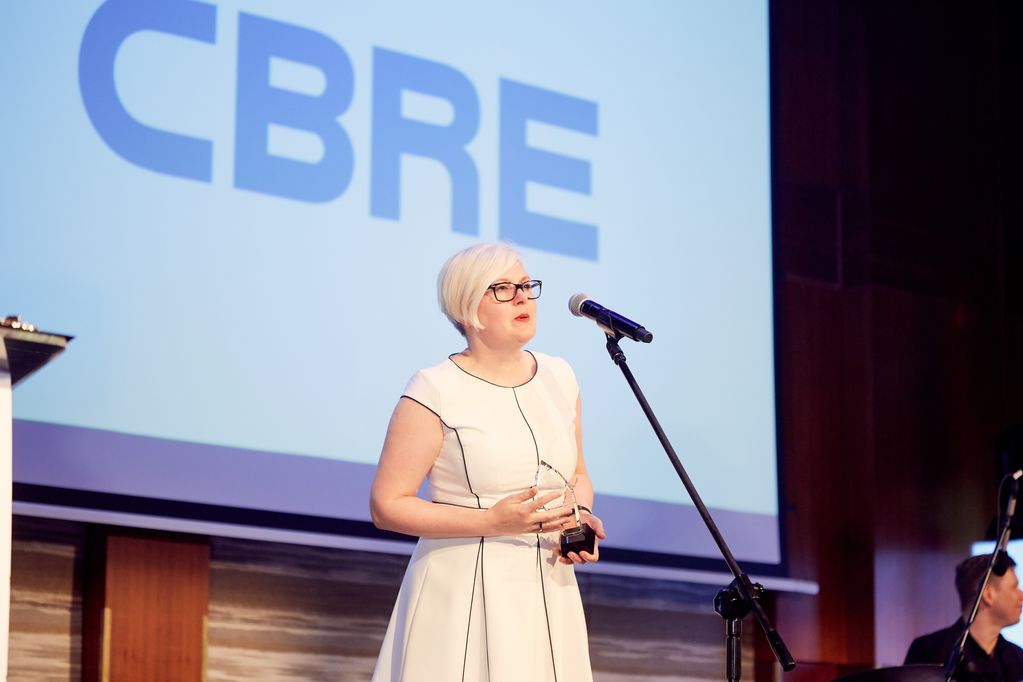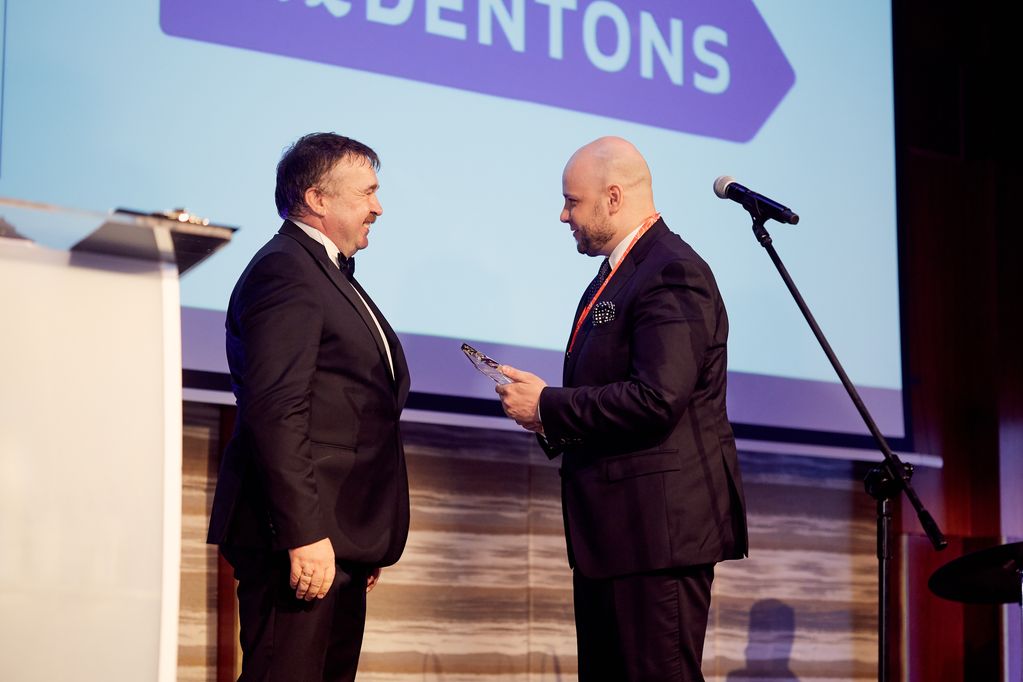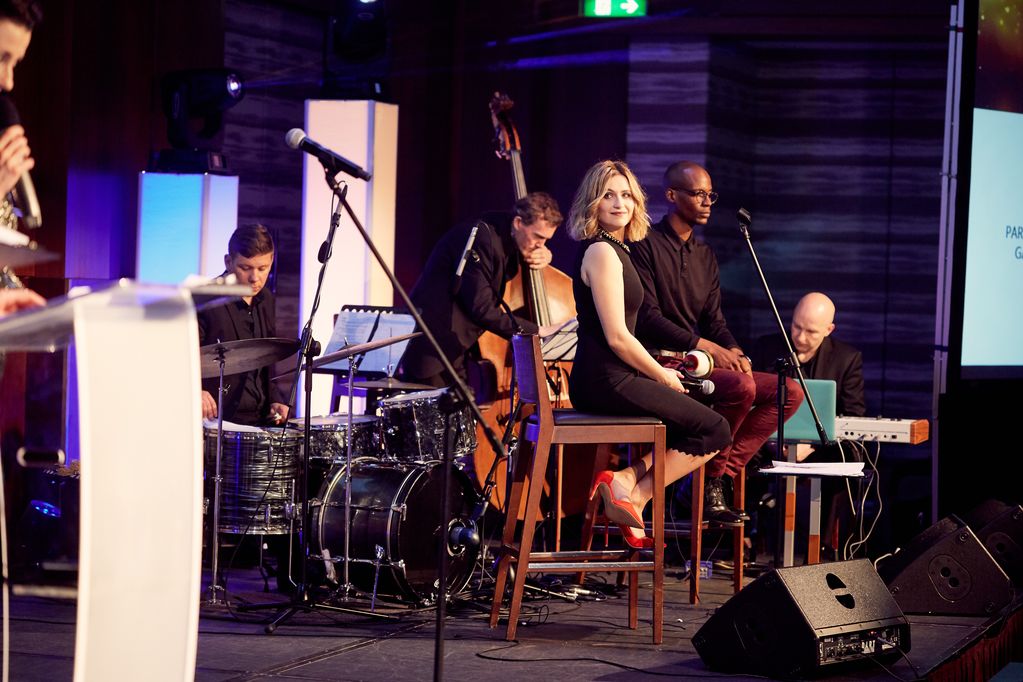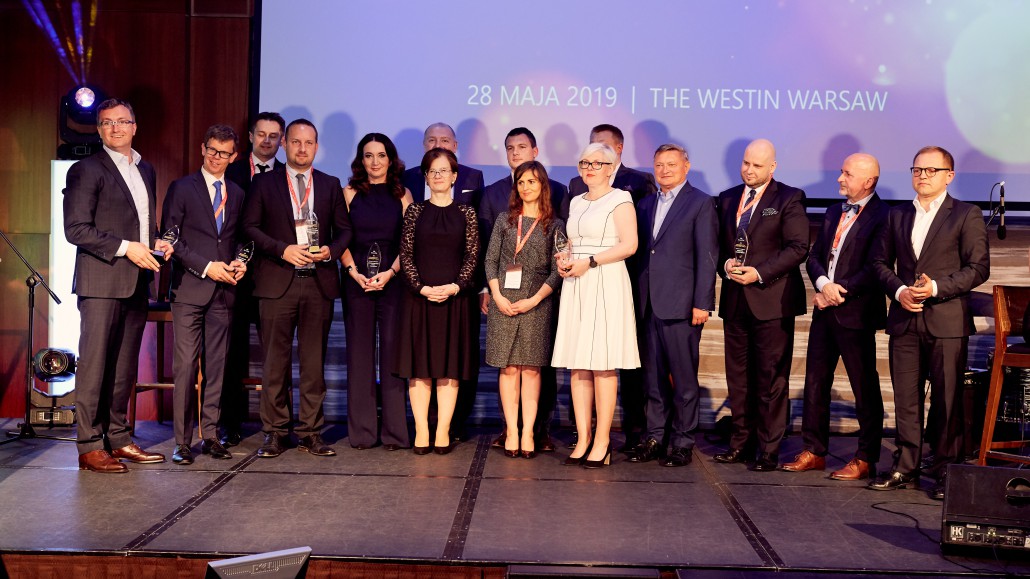
On May 28 The Westin hotel in Warsaw became the venue of Premium Real Estate Summit, a conference during which representatives of the real estate market debated on the challenges faced by the industry. The main topics of the conference included: directions for the development of the hospitality and warehouse market, impact of new technologies on retail spaces and the retail sector, as well as sustainable urban development and office construction.
The discussion in the first panel focused, among others, on the warehouse market and the ways of building a competitive advantage that dominate the real estate market. The debate was moderated by Paweł Toński – President of the Management Board of the Polish Chamber of Commercial Real Estate (pol. Polska Izba Nieruchomości Komercyjnych, PINK). The discussion began with a question: What determines competitiveness? The speakers agreed that the most important task is to adapt to the market situation. In addition, the experts, including: Arkadiusz Chlebowski – Managing Director of Waimea Holding SA; Anna Duchnowska – Senior Director, Head of Polish Operation at Invesco Real Estate; Tomasz Lubowiecki – President of the Management Board of 7R SA, and Magdalena Szulc – Business Unit Director Central Europe at SEGRO, pointed out that the factors determining Poland’s investment attractiveness are: strong economy, inexpensive labor, well-developed infrastructure, and legal norms. Anna Duchnowska rightly noticed that investors more and more often represent not only European, but also Asian countries, while Polish capital is still lacking. The panelists also discussed the current situation of e-commerce, whose growth is much slower, which results in the flattening of this market. On the other hand, Poland, as a distribution hub with an advantageous geographical location, should undergo constant development of logistics.
The second panel discussion, moderated by Grzegorz Buczek – an architect and urban planner from the Faculty of Architecture at the Warsaw University of Technology, was focused on issues related to the sustainable development of the capital, application of new technologies, and implementation of innovations. The participants of the debate were Jarosław Bator – Business Development Director in Skanska CDE; Bartosz Łyskawiński – President of the Management Board of SAFLI; Robert Moritz – President of the Management Board of ALTA SA; Artur Pollak – President of the Management Board of APA Group, and Piotr Sawicki – Deputy Director of the Economic Development Department, Municipal Office, Capital City of Warsaw. They pointed out the changing style of work and expectations of tenants, which makes the use of new solutions a necessity, with the technological arms race affecting the real estate market as well. Thanks to technological innovations we can predict the direction in which cities are developing or analyze the movement and behavior of their residents. Process automation helps limit the human factor. The discussion also focused on the cooperation between private investors and cities. The conclusion was that the dialogue between these two environments will be effective if investors understand the expectations of local governments and vice versa.
Directions for the development of the hotel market served as the axis of the third panel, moderated by Aleksander Kupcewicz – Partner at Wik Capital. The panelists were: Justyna Bauta-Szostak – Partner and Head of the Real Estate Team, MDDP; Andrzej Wójcik – President of the Management Board, Satoria Group; Bogdan Zasada – Managing Director, STRABAG Real Estate AG; Rafał Abramczyk – Managing Director, hotelAG Group; Janusz Mitulski – Senior Director Development CEE & Ukraine at Marriott International, and Władysław Grochowski – Founder and President, Grupa Arche. The topics addressed included investment risk assessment principles and recipes for success in the hotel industry. Rafał Abramczyk and Janusz Mitulski agreed that the key factors contributing to success in the hotel industry are a convenient, economically justified location and support from industry advisers with experience in management and acquisition of franchise agreements. In turn, Władysław Grochowski insisted that the most important thing is to stand out from the crowd and offer customers unique experiences associated with staying in a hotel. This is why Arche focuses on developing a chain of historic hotels. The speakers also explored the subject of financing hotel projects and the development of condo and aparthotels, which are increasingly important in the industry.
The next part of the conference was a presentation related to the experience of APA Group, focusing on the implementation of intelligent building management systems. The Case Study presented a dedicated mobile application for hotels, enabling the management of individual functions in buildings. Controlling comfort in a room, booking parking space, or ordering additional services is possible with just a few clicks on a smartphone screen.
The last discussion panel touched on the changes taking place in the retail sector. The moderator, Maciej Ptaszyński – General Director, Polish Chamber of Trade (pol. Polska Izba Handlu), invited the following panelists to the discussion: Marek Błędowski – Vice President & Commercial Director, Apsys Polska; Michał Góra – President of the Management Board, Alfavox; Piotr Kroenke – General Manager, GTC SA; Katarzyna Rudnicka – President of the Management Board, Vivenge; Piotr Wasilewski – Head of Retail & Investment, Nuvalu Polska; Jacek Wesołowski – President of the Management Board, Trei Real Estate Poland. The discussion began with the issue of the ban on trade on Sundays. According to the panelists large shopping centers still attract people with entertainment and this is not likely to change. The situation is, however, more problematic for smaller centers, which have been particularly affected by the decrease in turnover – in extreme cases they report a drop of as much as 10%. Retail parks, whose turnover is the lowest and costs the highest on Sundays, stand is opposition to shopping galleries. On the other hand, e-commerce is developing as an alternative to traditional trade. Its value is estimated at PLN 40 billion and the number of stores operating on this market is approximately 30,000. However, high costs of logistics and returns of goods force entrepreneurs to look for new solutions, such as omnichannel, i.e. a combination of traditional and online trade.
INVESTMENT DIAMONDS
This year the previous shape of the award gala was extended to include not only issues related to the investment market, but also the real estate industry. The Jury honored entrepreneurs and companies that made significant investments in the country and abroad, promoted the idea of investing in Poland, and had an important impact on the development of the real estate sector. There were 15 winners in 11 categories.
M&A Transaction of the Year: Santander Bank Polska SA (acquisition of a part of Deutsche Bank Polska’s operations)
Financing Bank of the Year: mBank SA
Legal Advisor of the Year: Dentons
Transaction Advisor of the Year: CBRE and EY
Real Estate Fund: Globalworth Poland Real Estate
PE/VC Fund: Innova Capital
CEO of the Year: Robert Dobrzycki – Managing Partner, Panattoni Europe
Developer of the Year – Retail Space: Echo Investment SA
Office Space: S+B Plan & Bau Warschau
Warehouse Centers: Segro Poland
Hotel Chain of the Year: Arche Group
Polish Global Investor: Nowy Styl
Business Angel of the Year: winner Wojciech Kostrzewa and distinction for Maciej Filipkowski – the most active Business Angel

